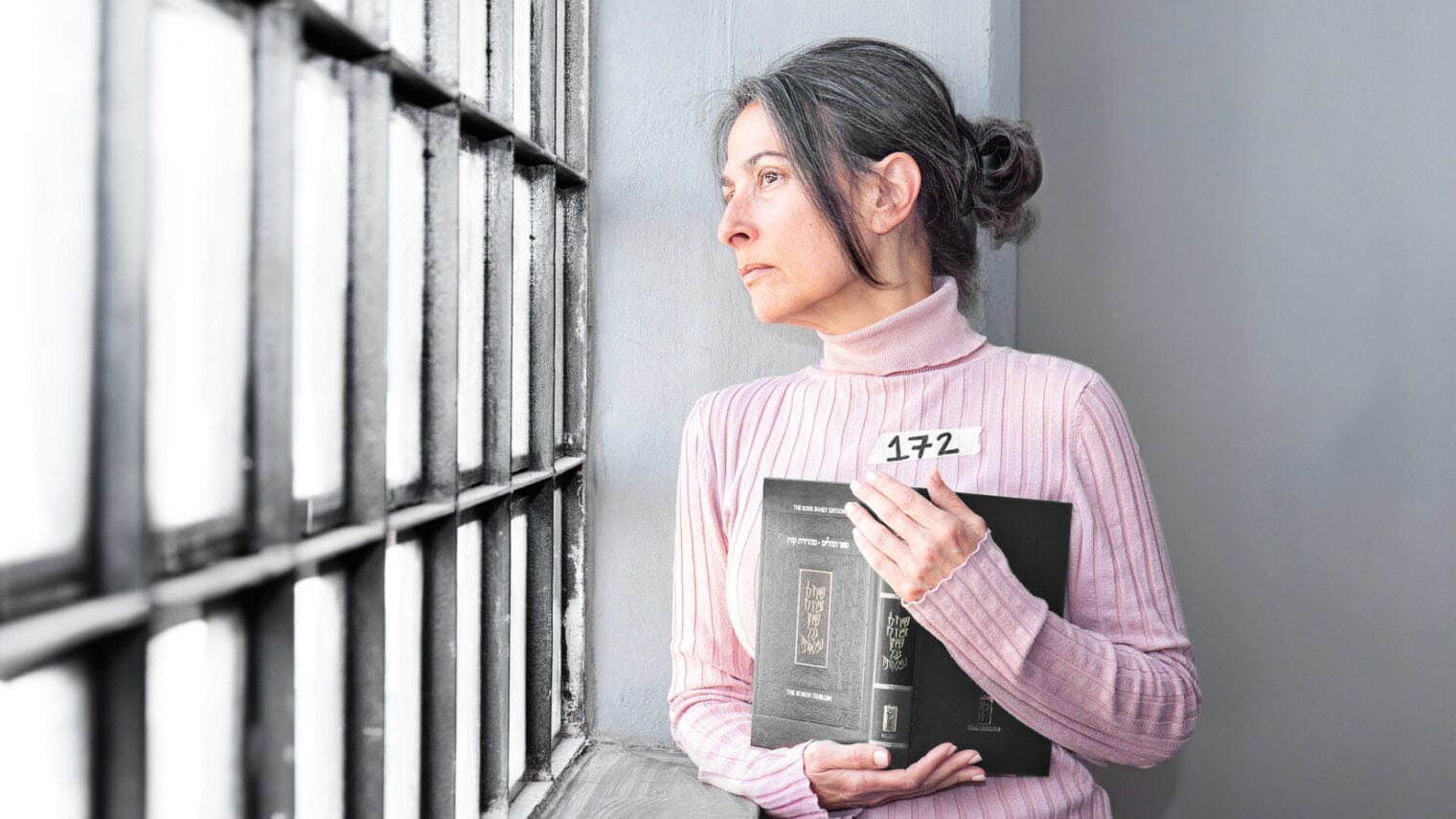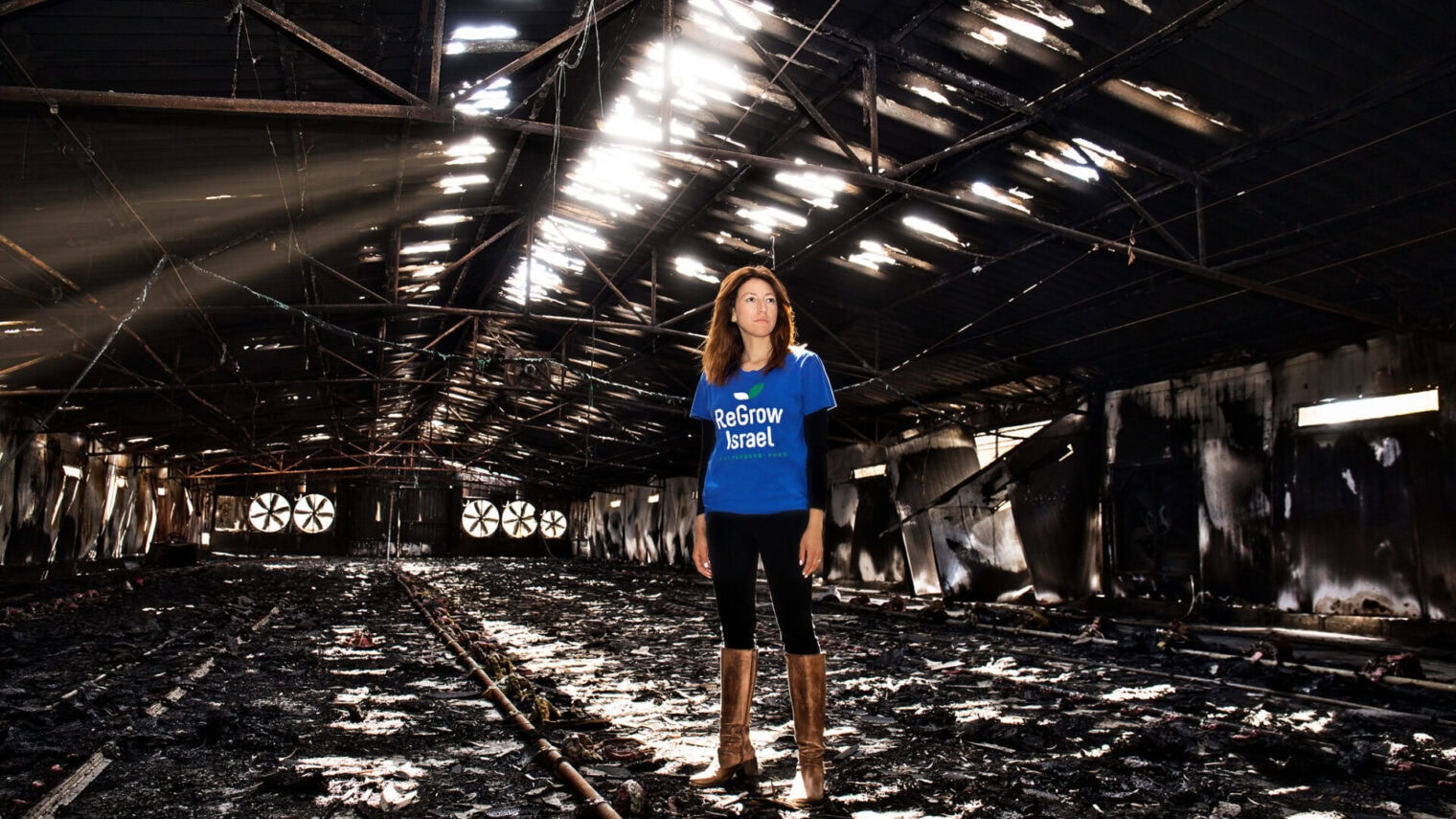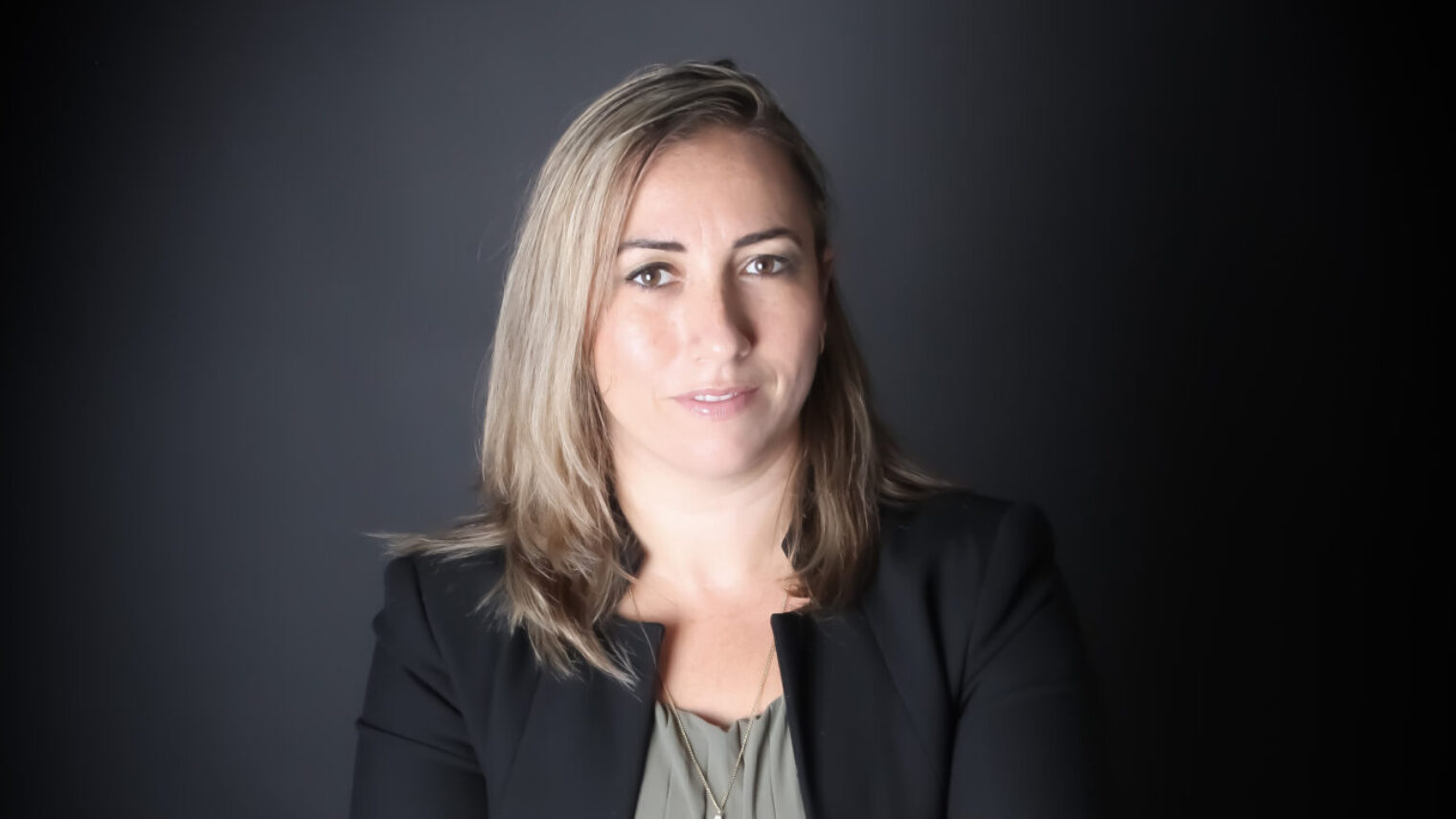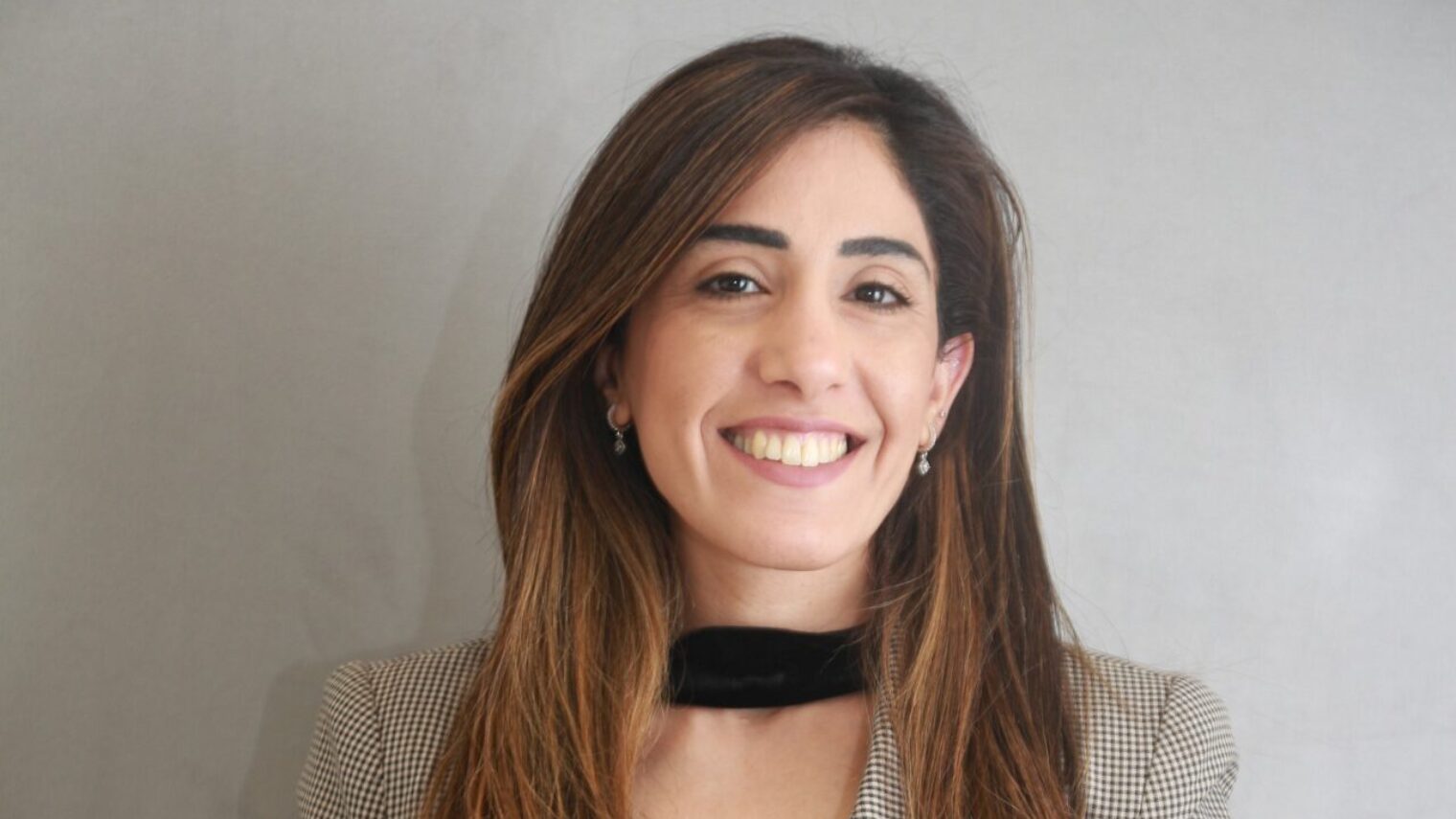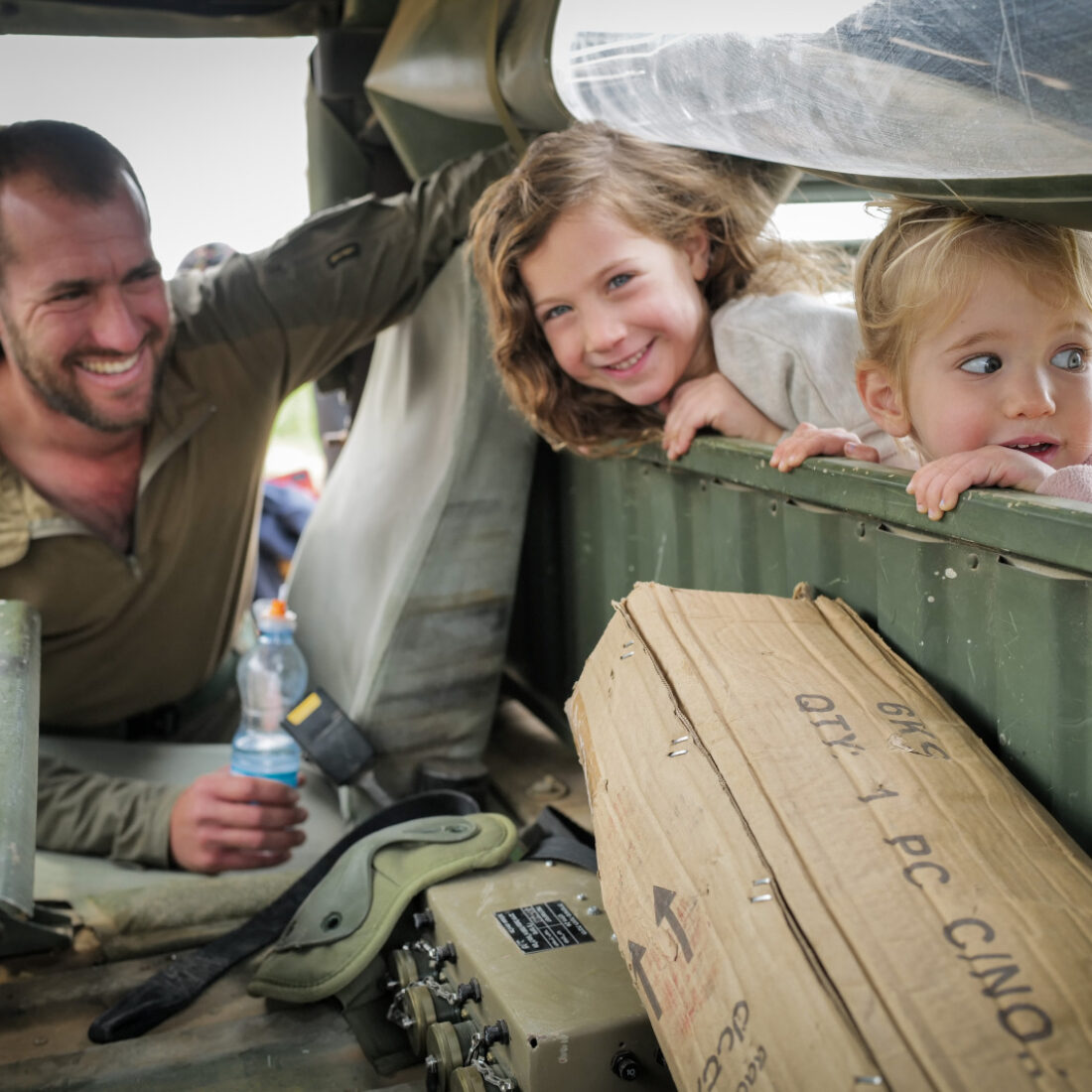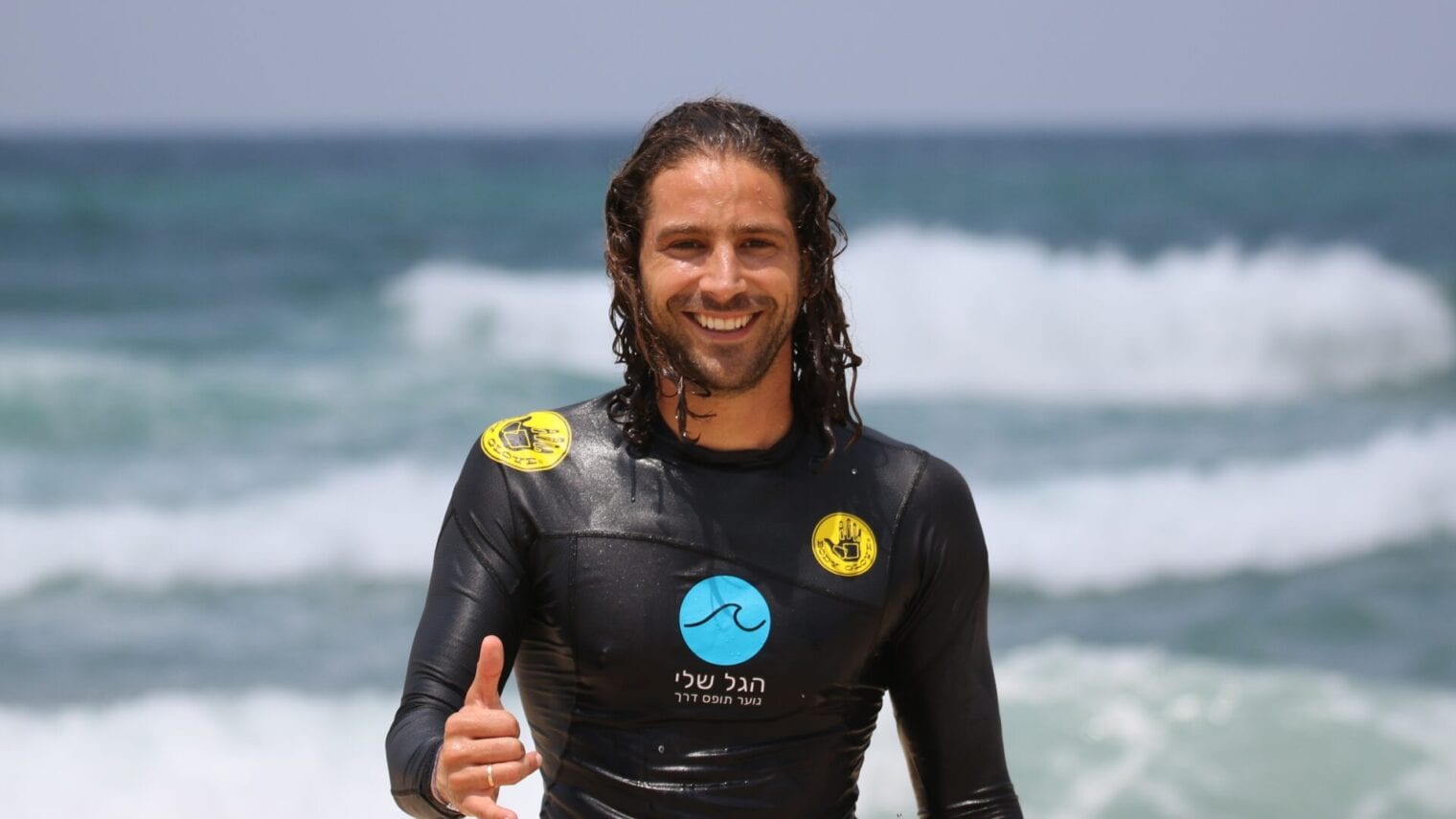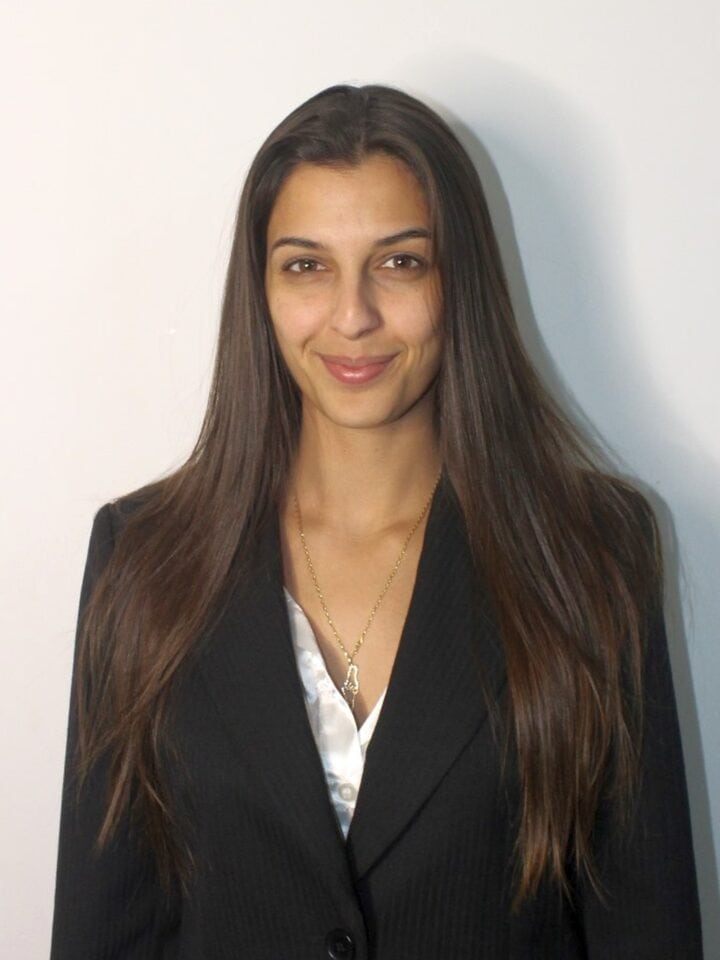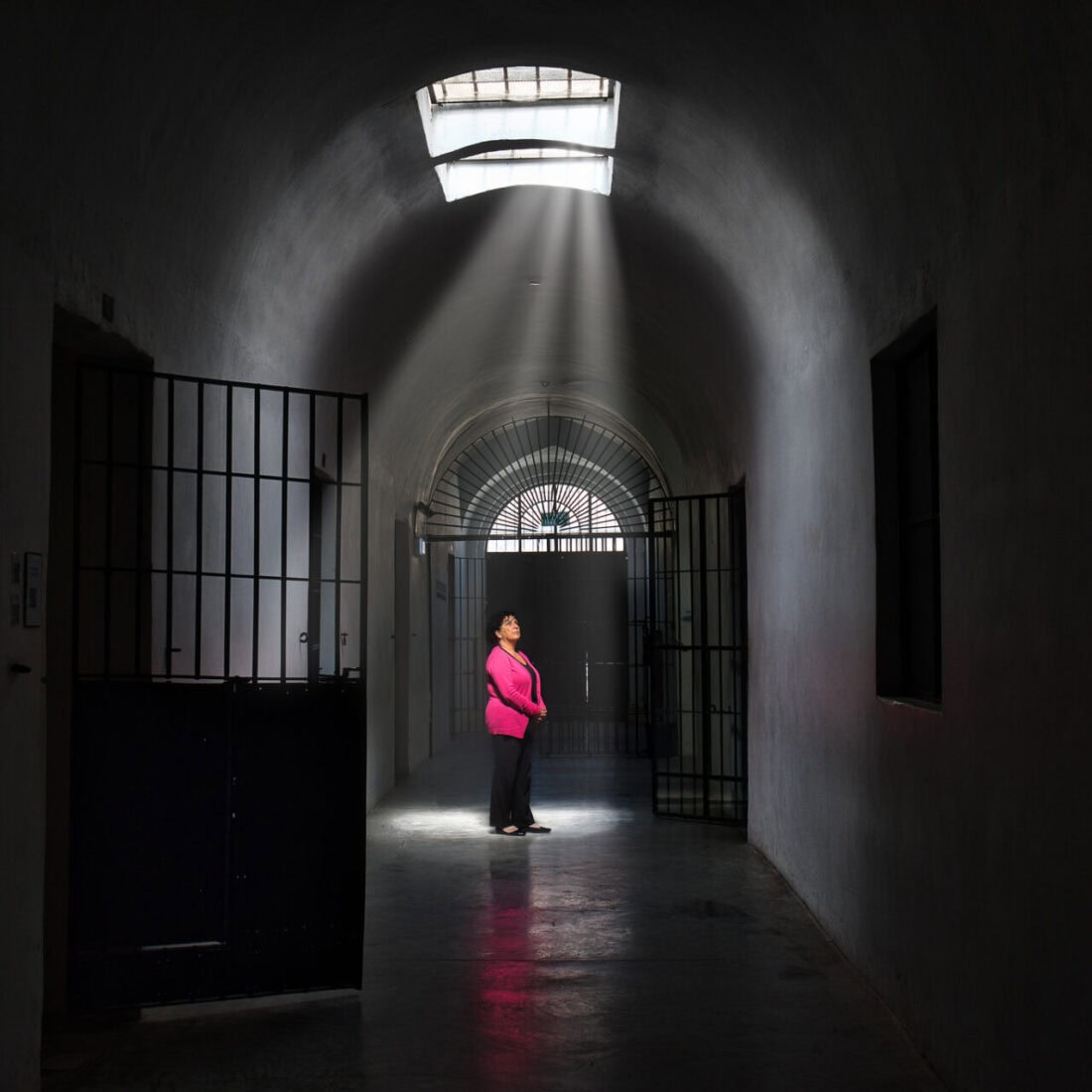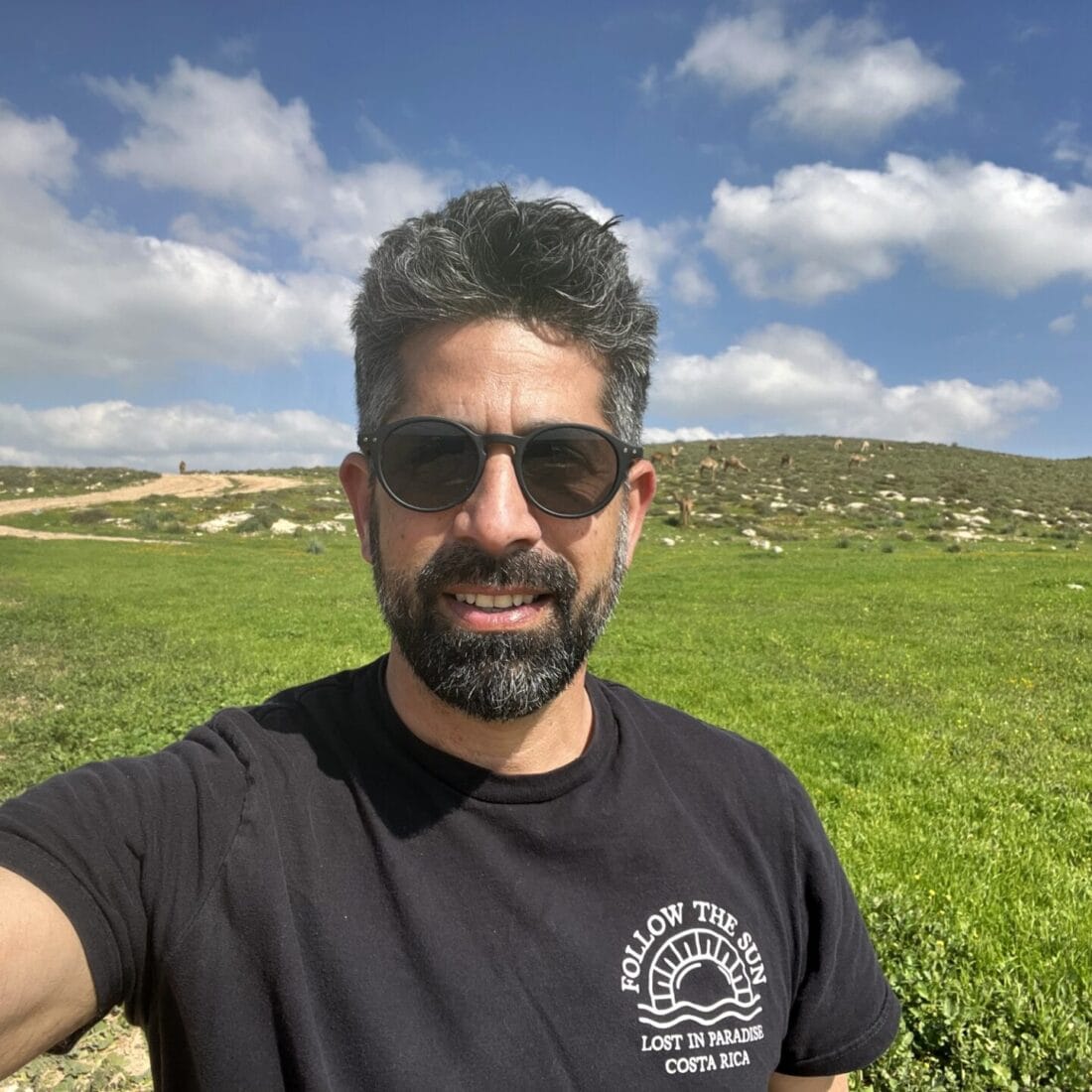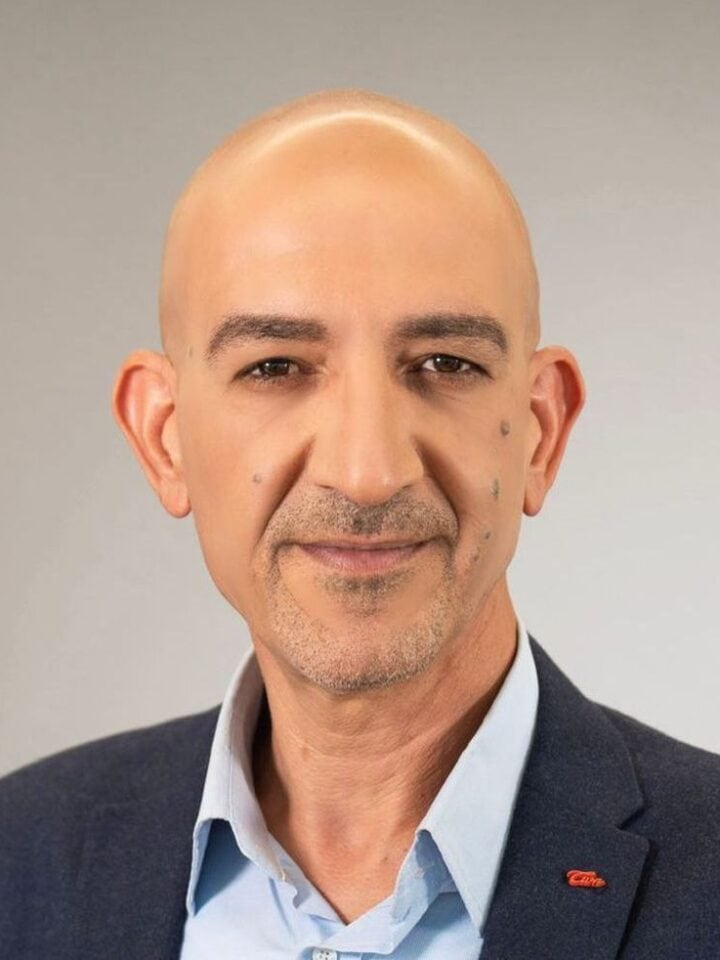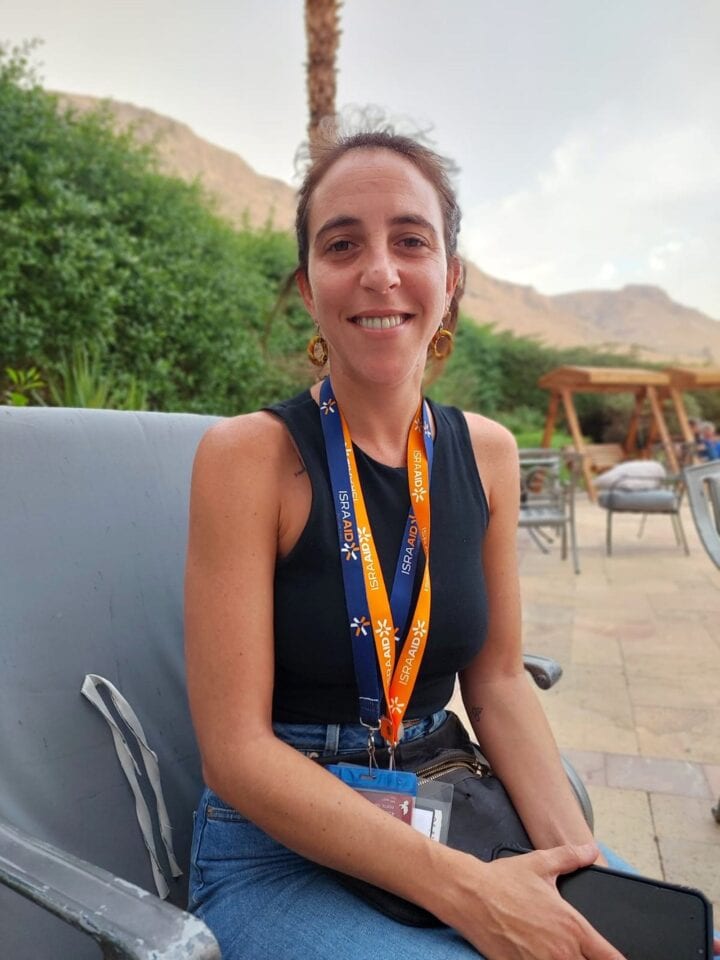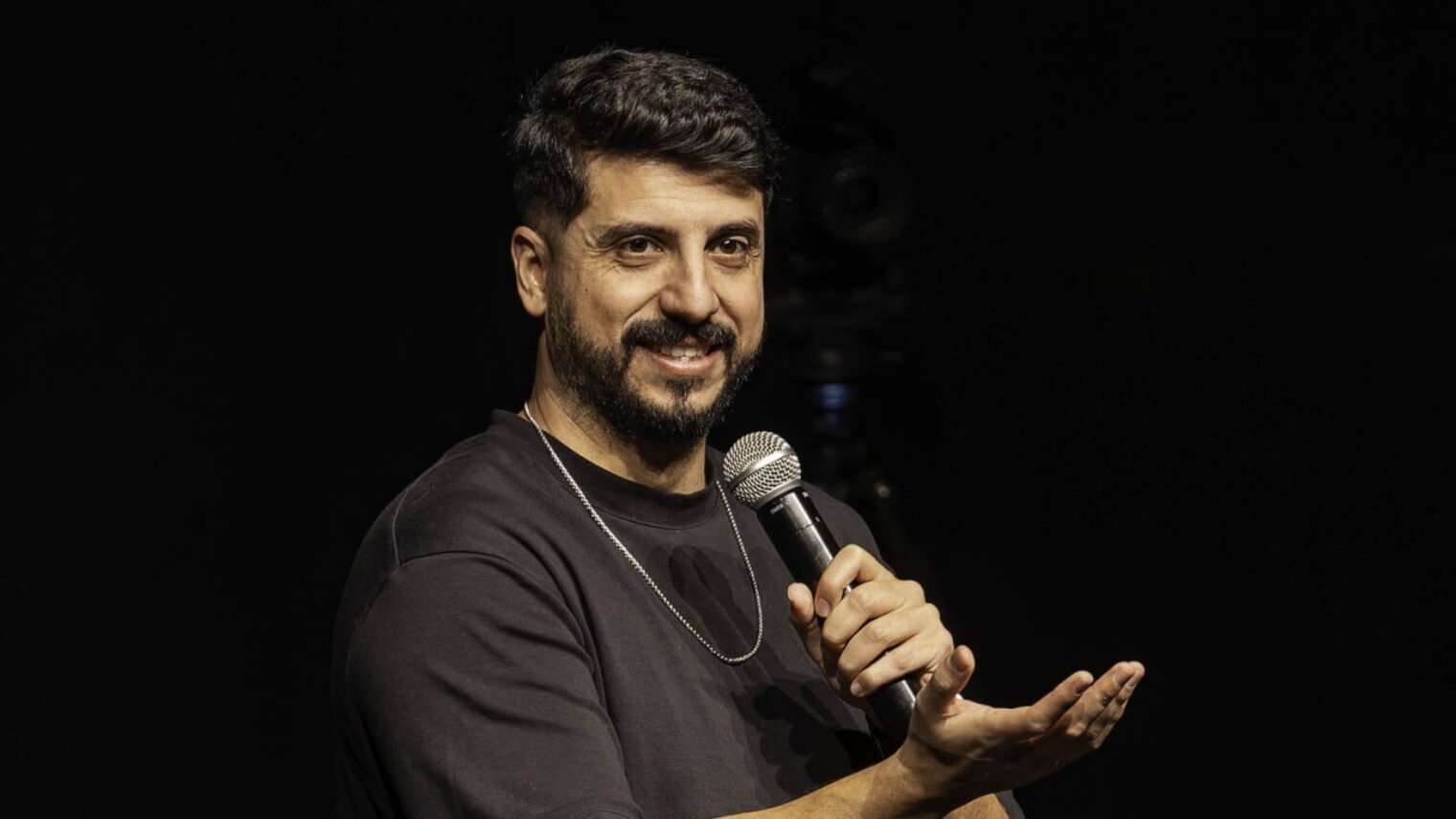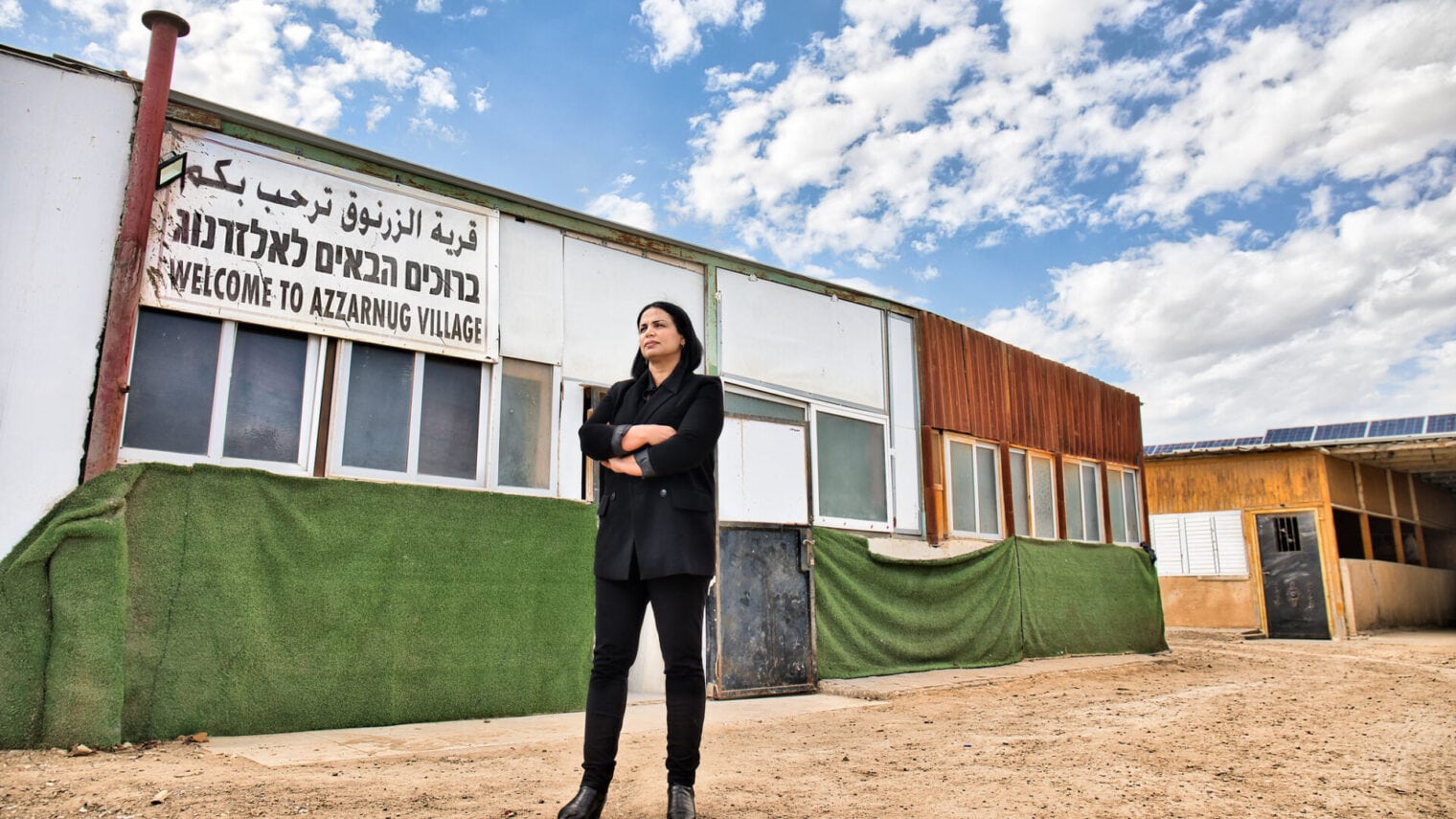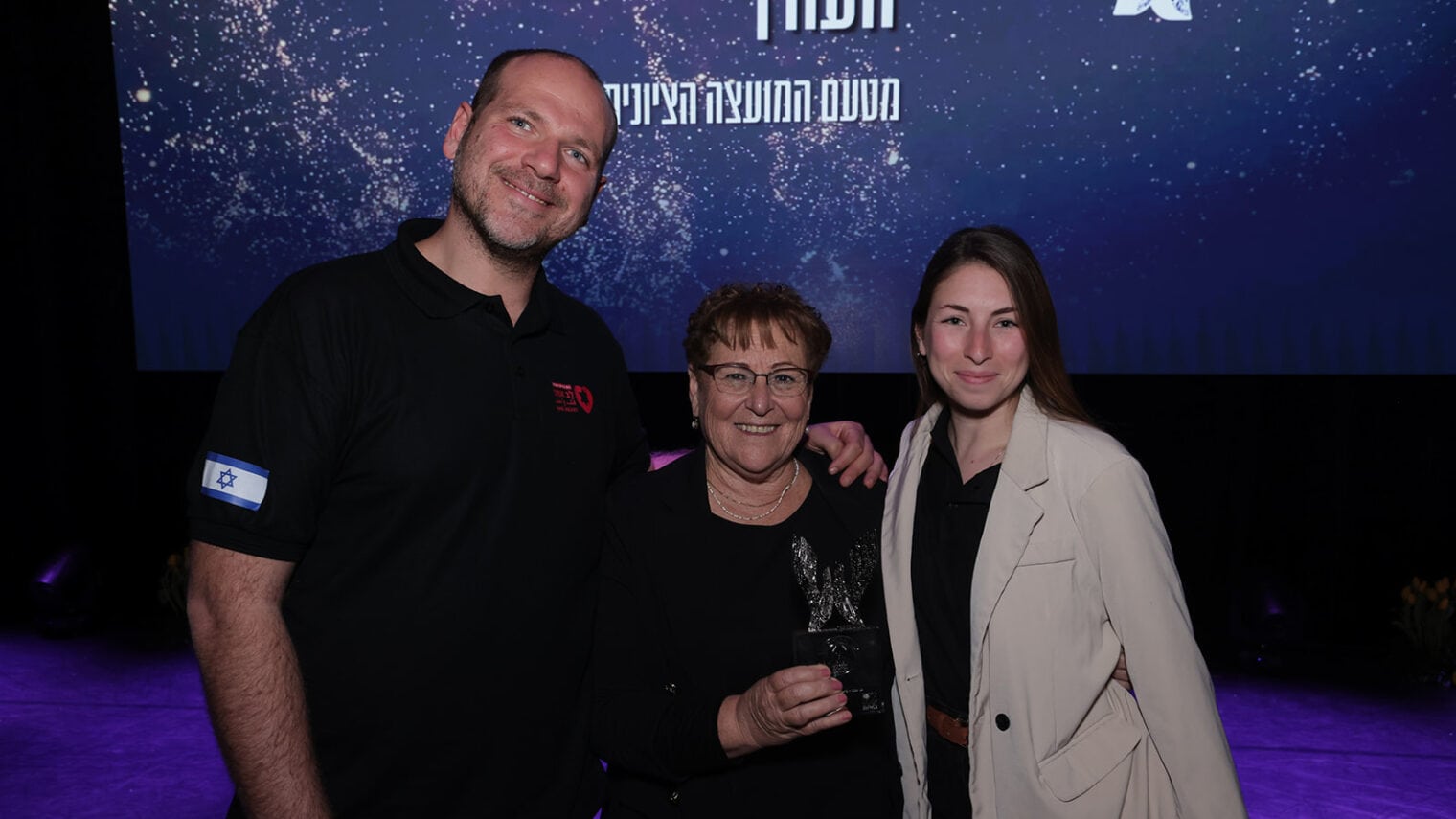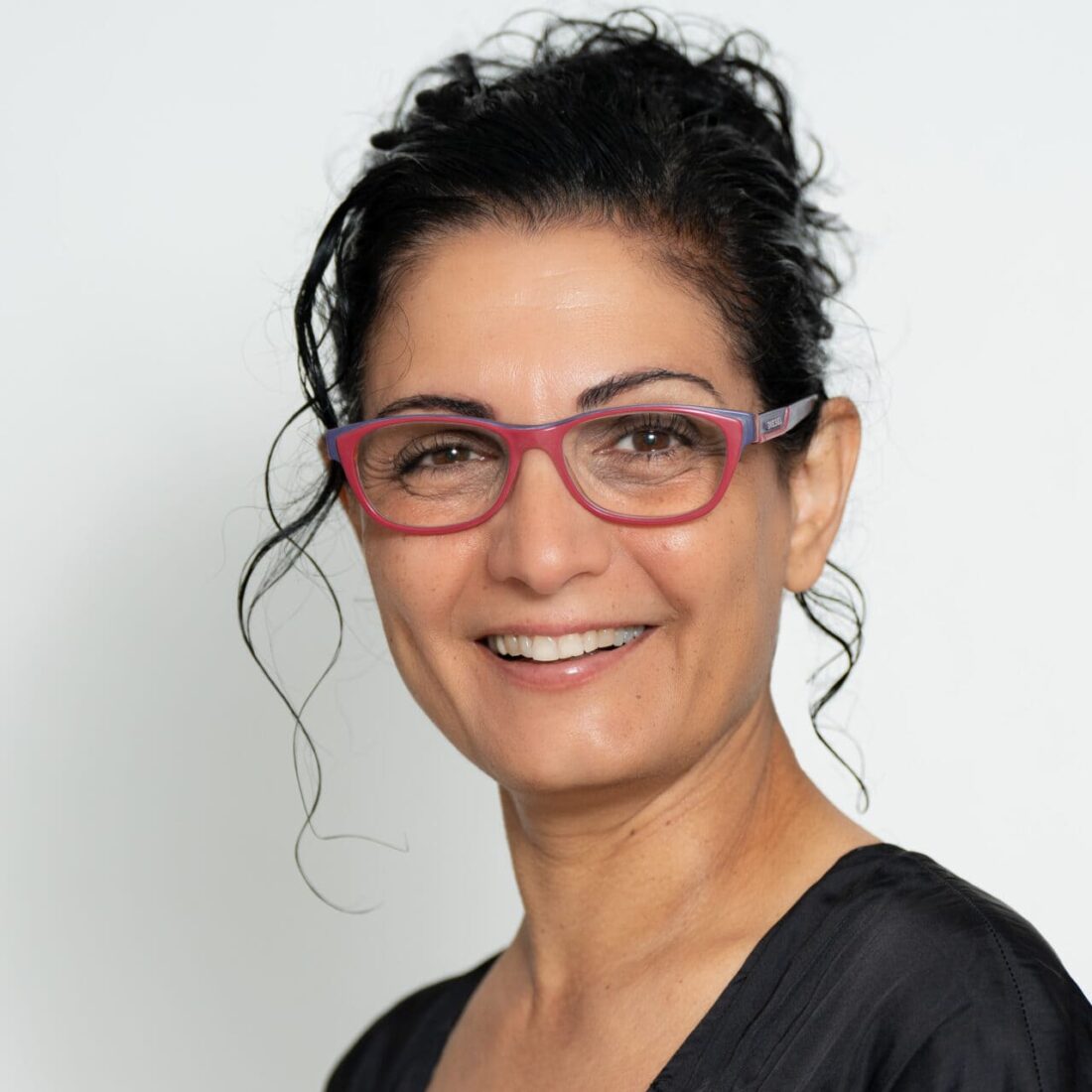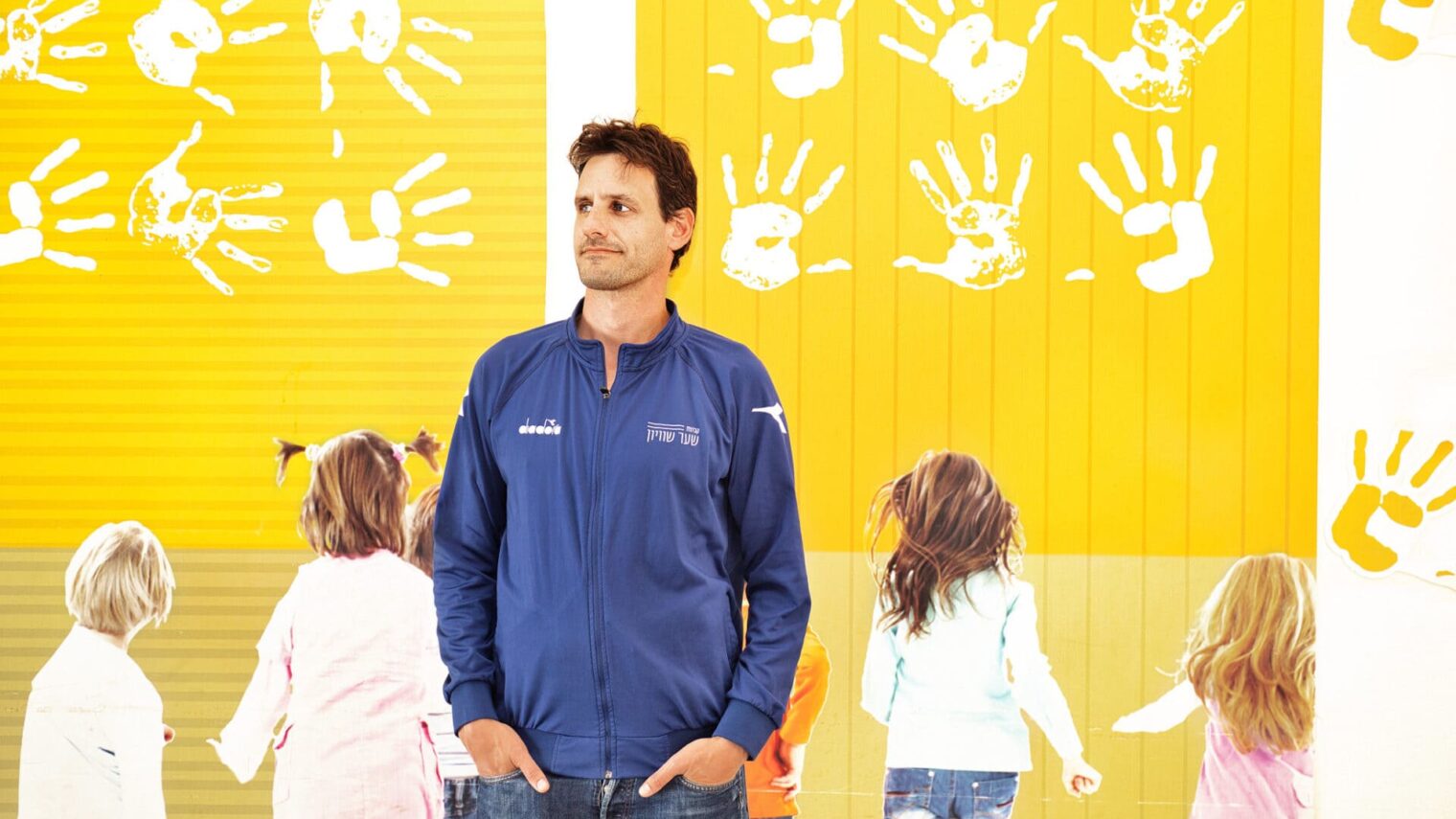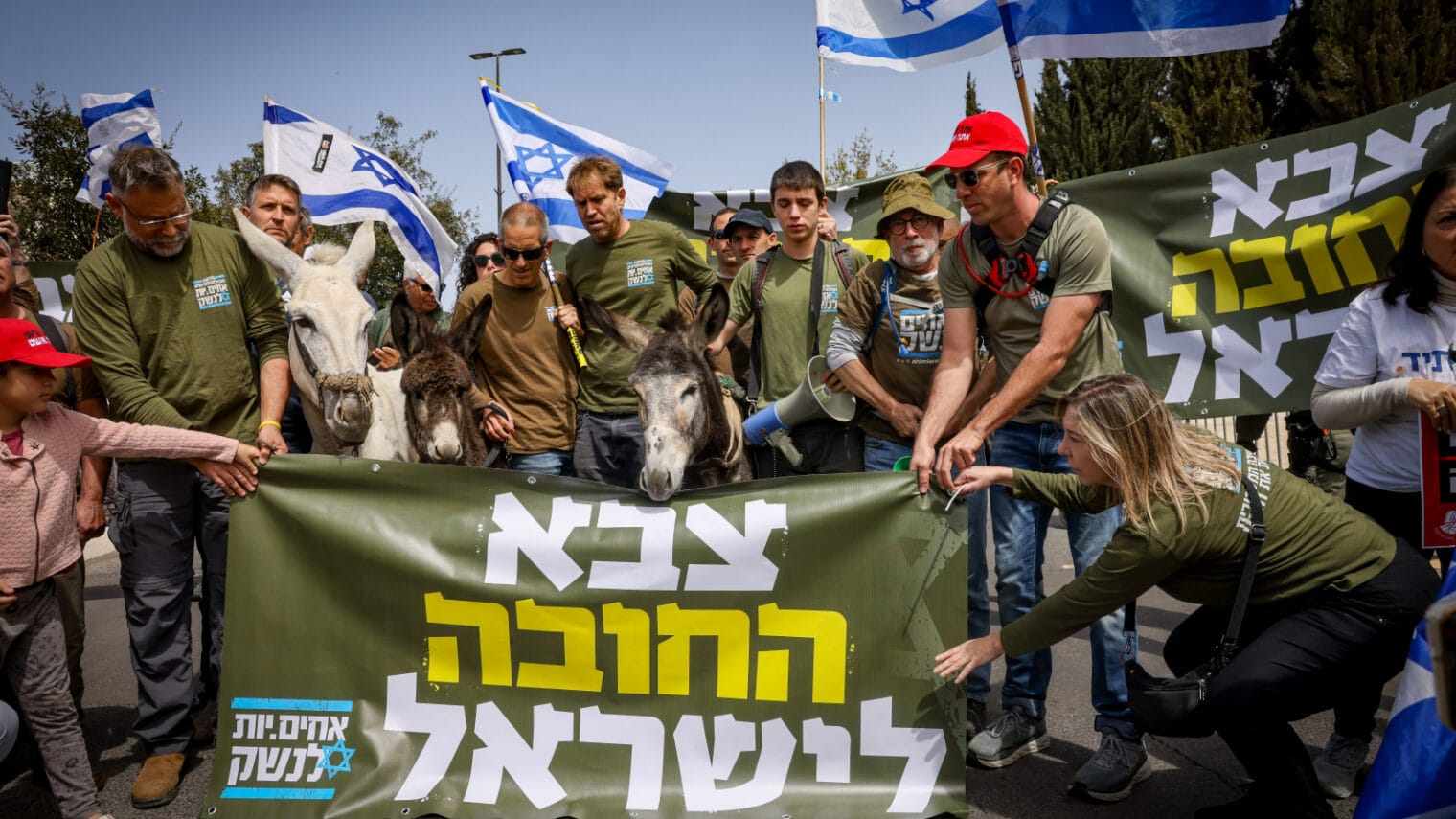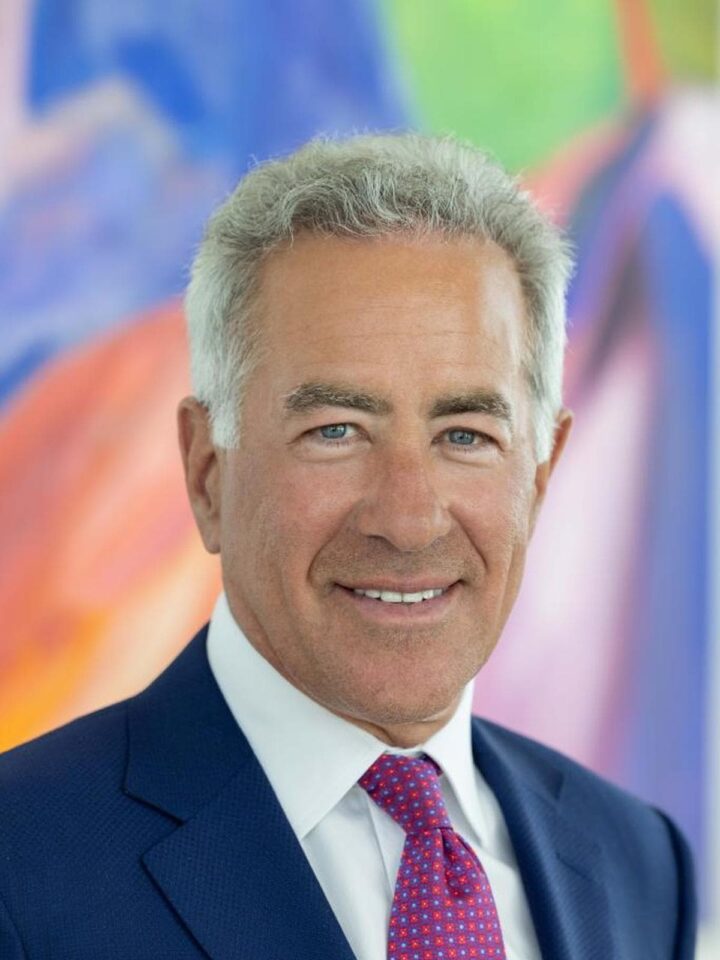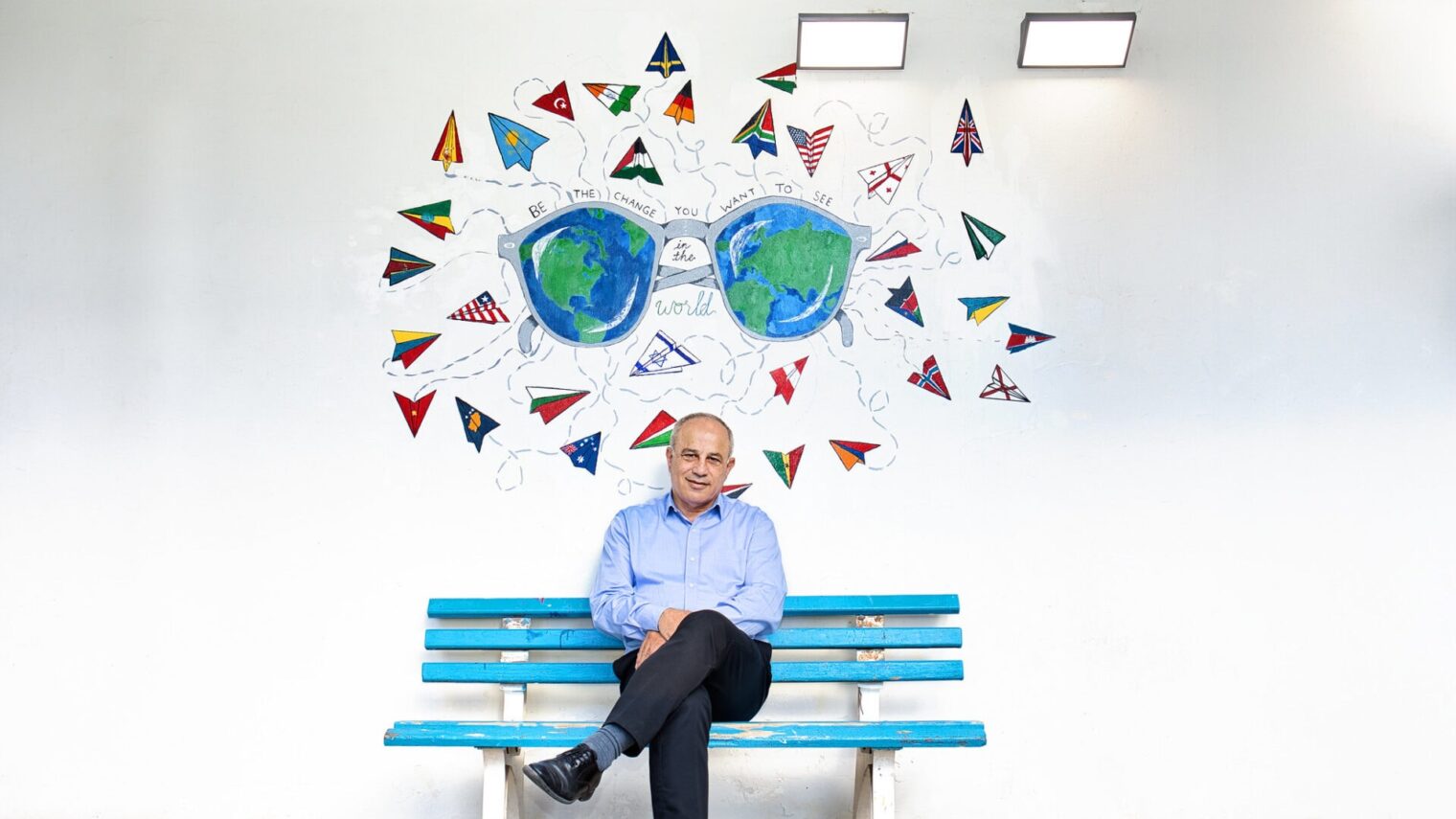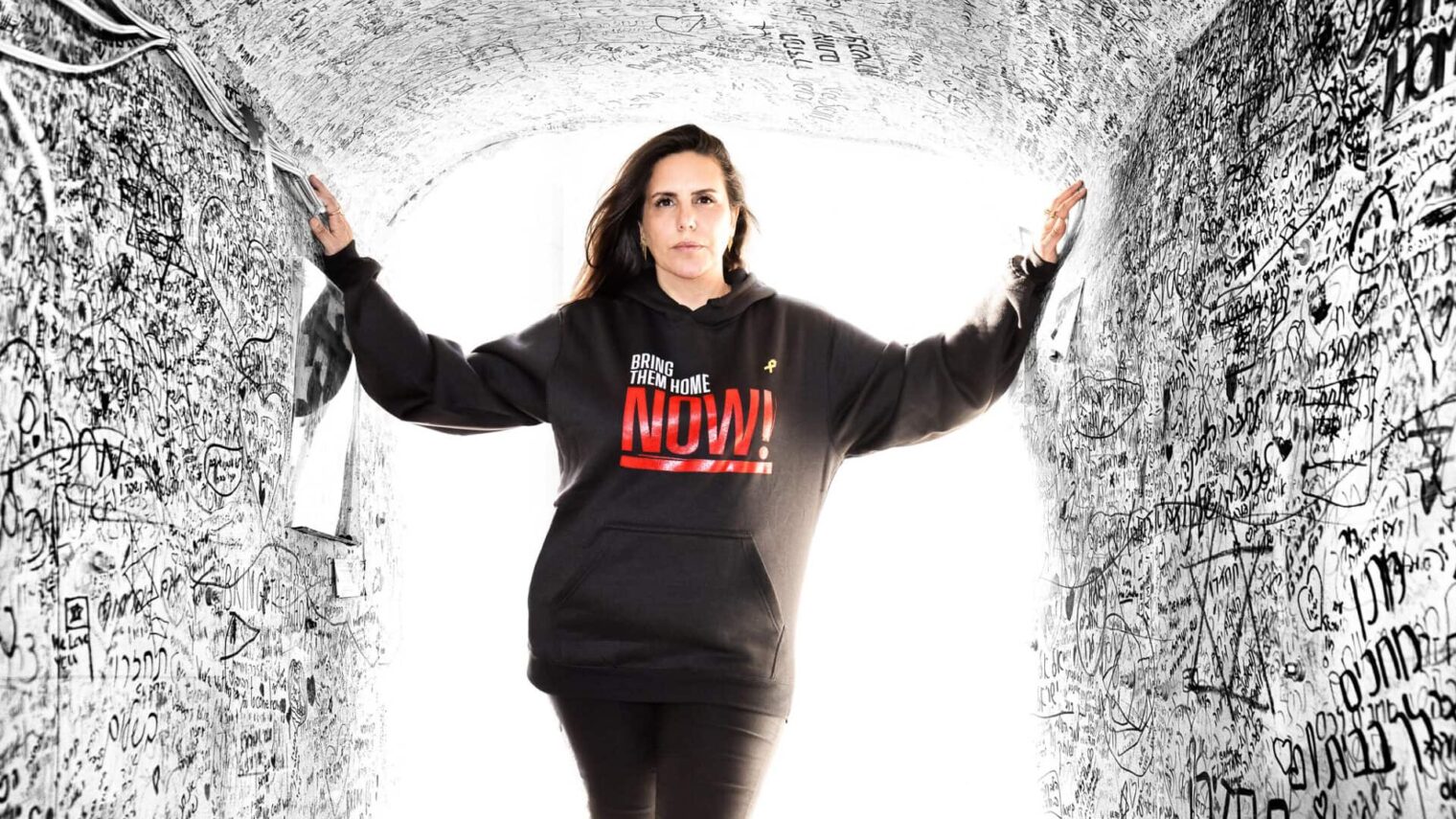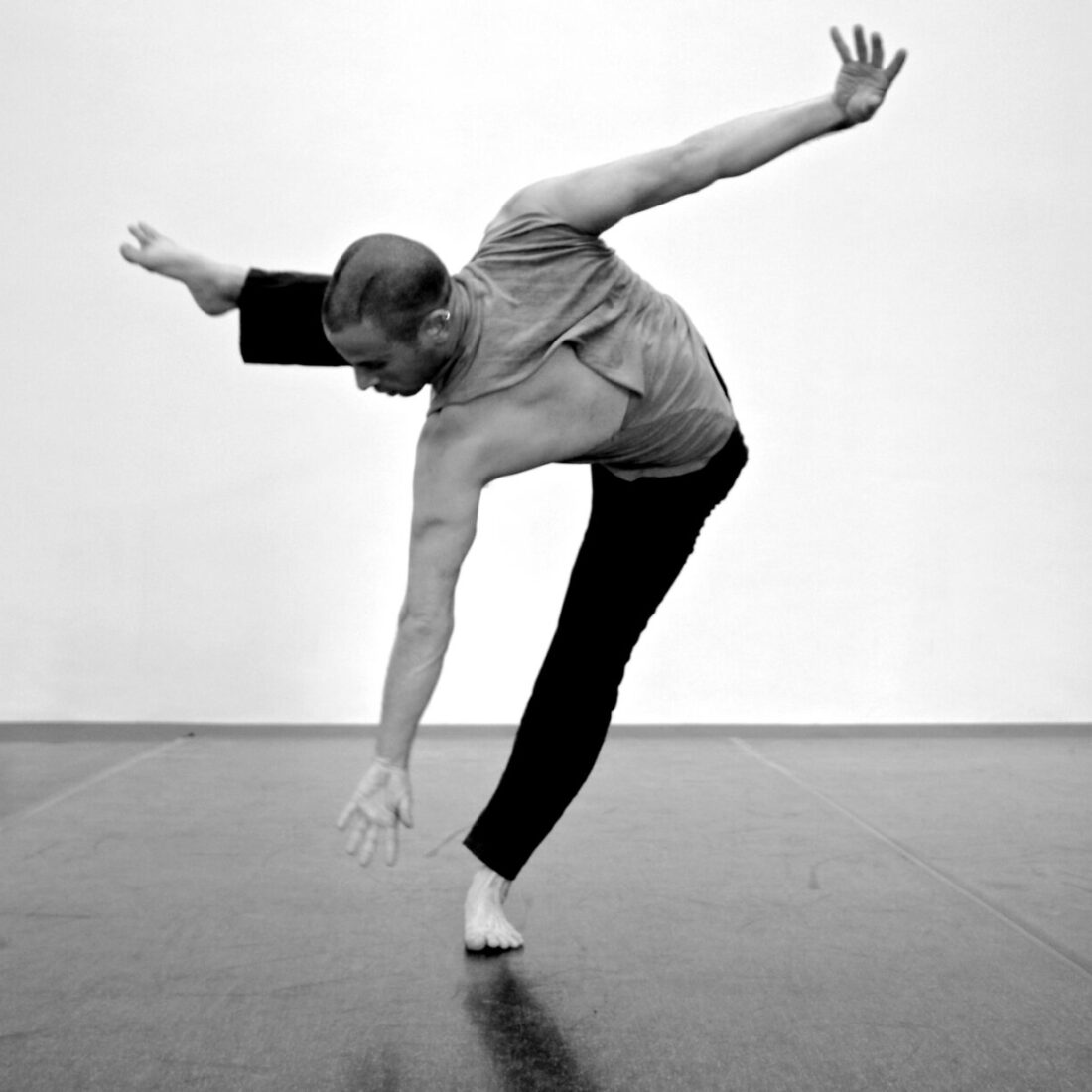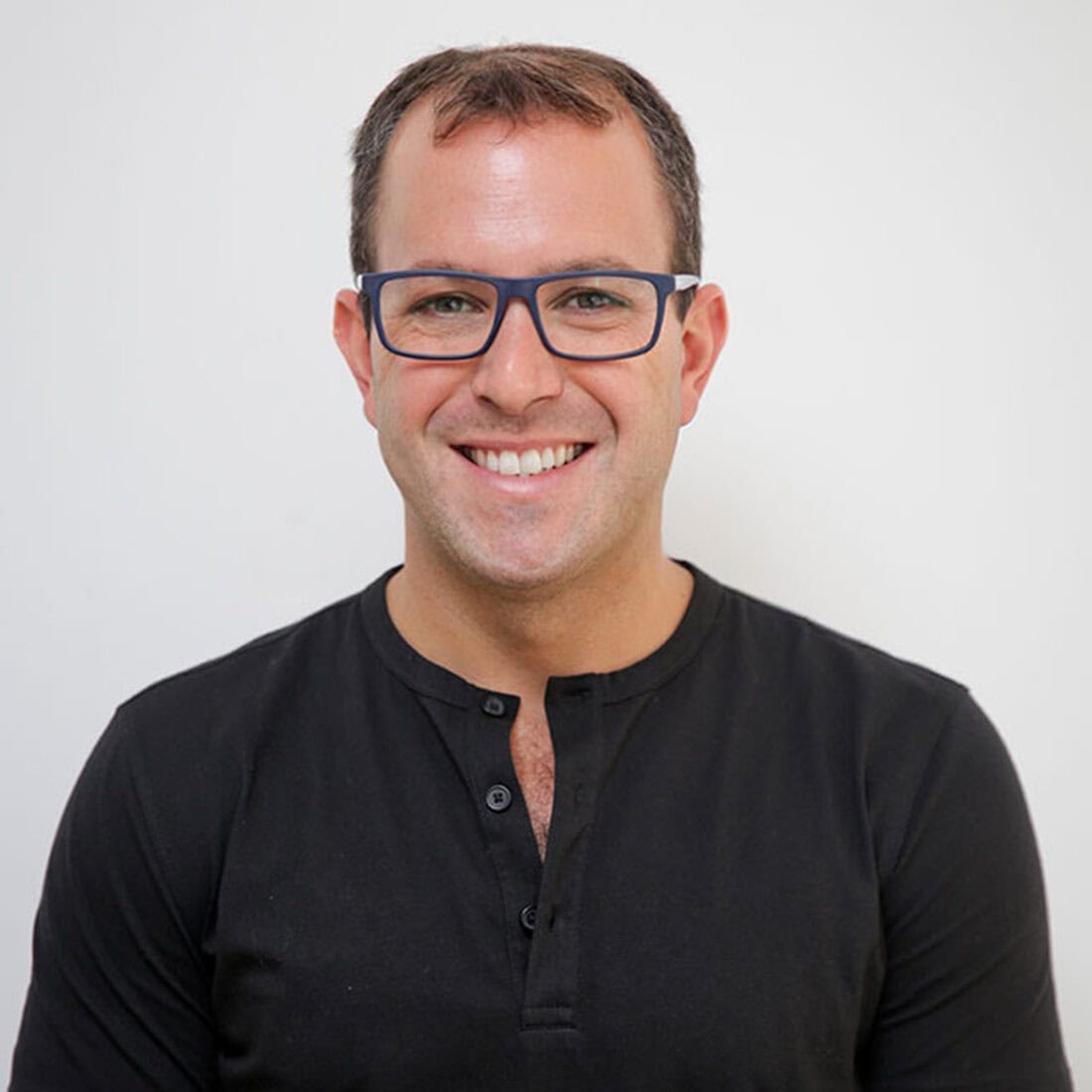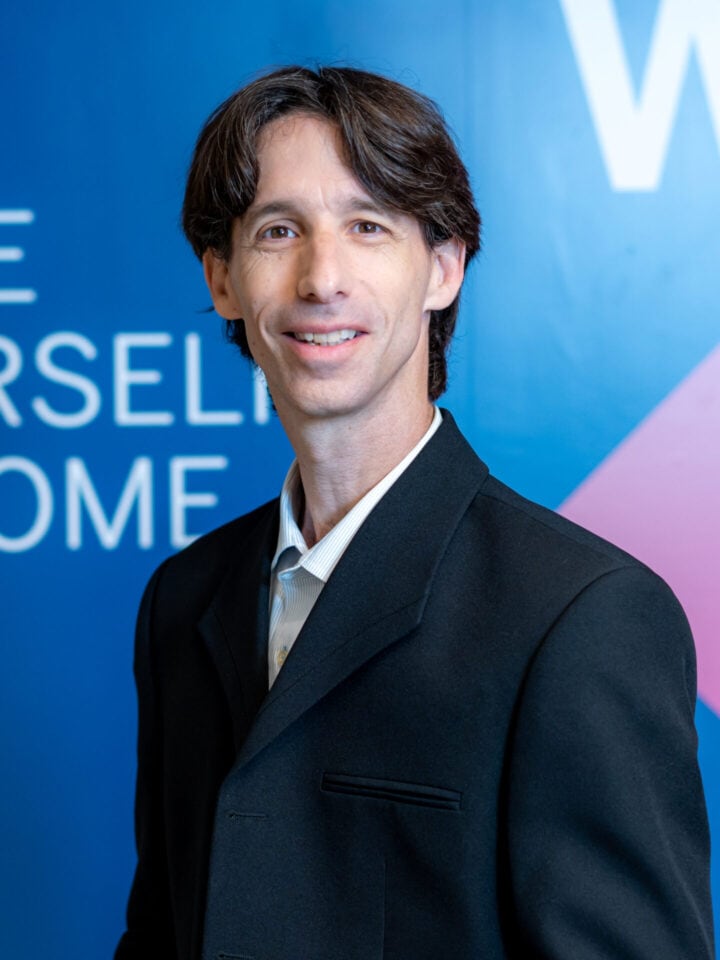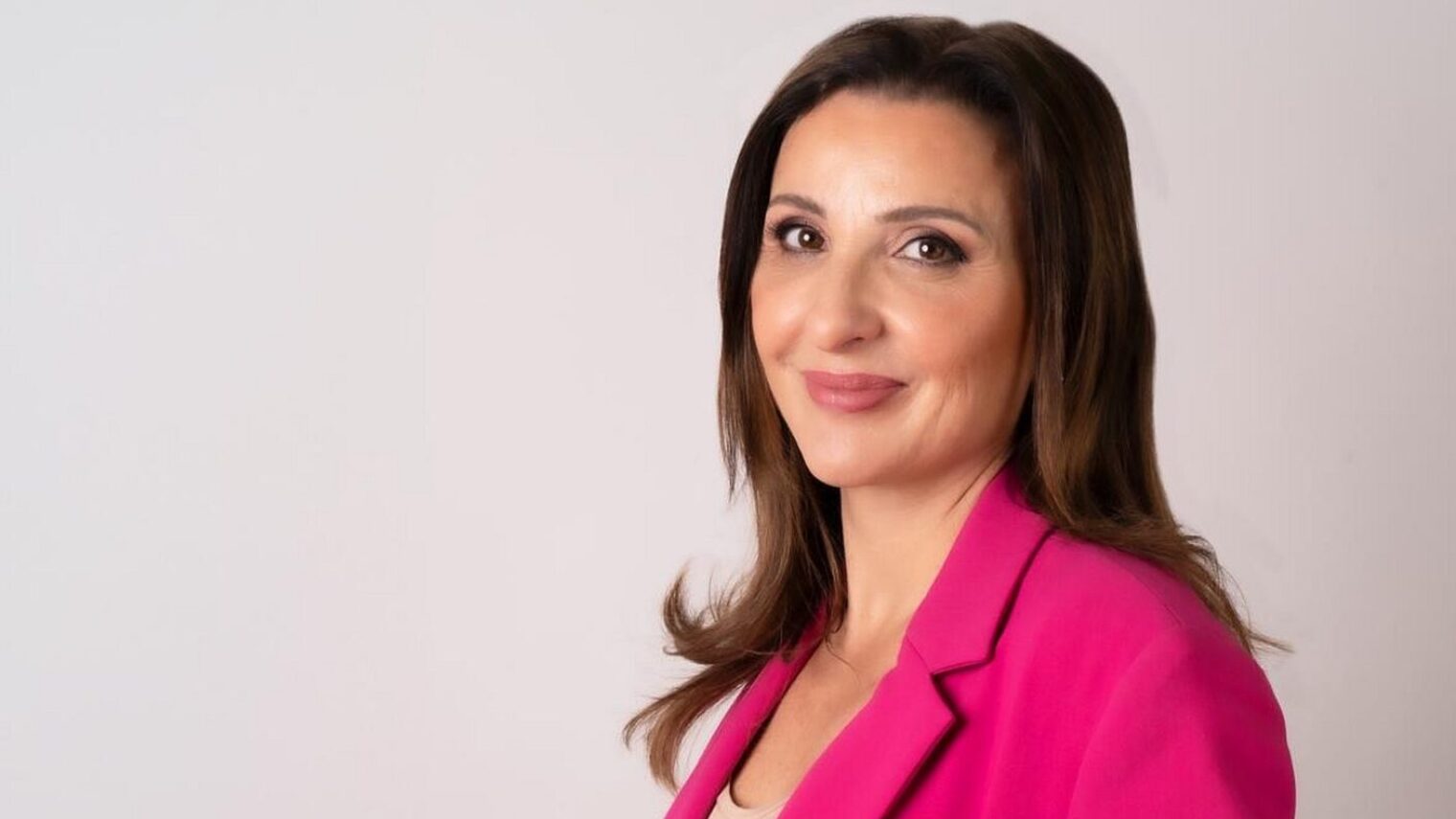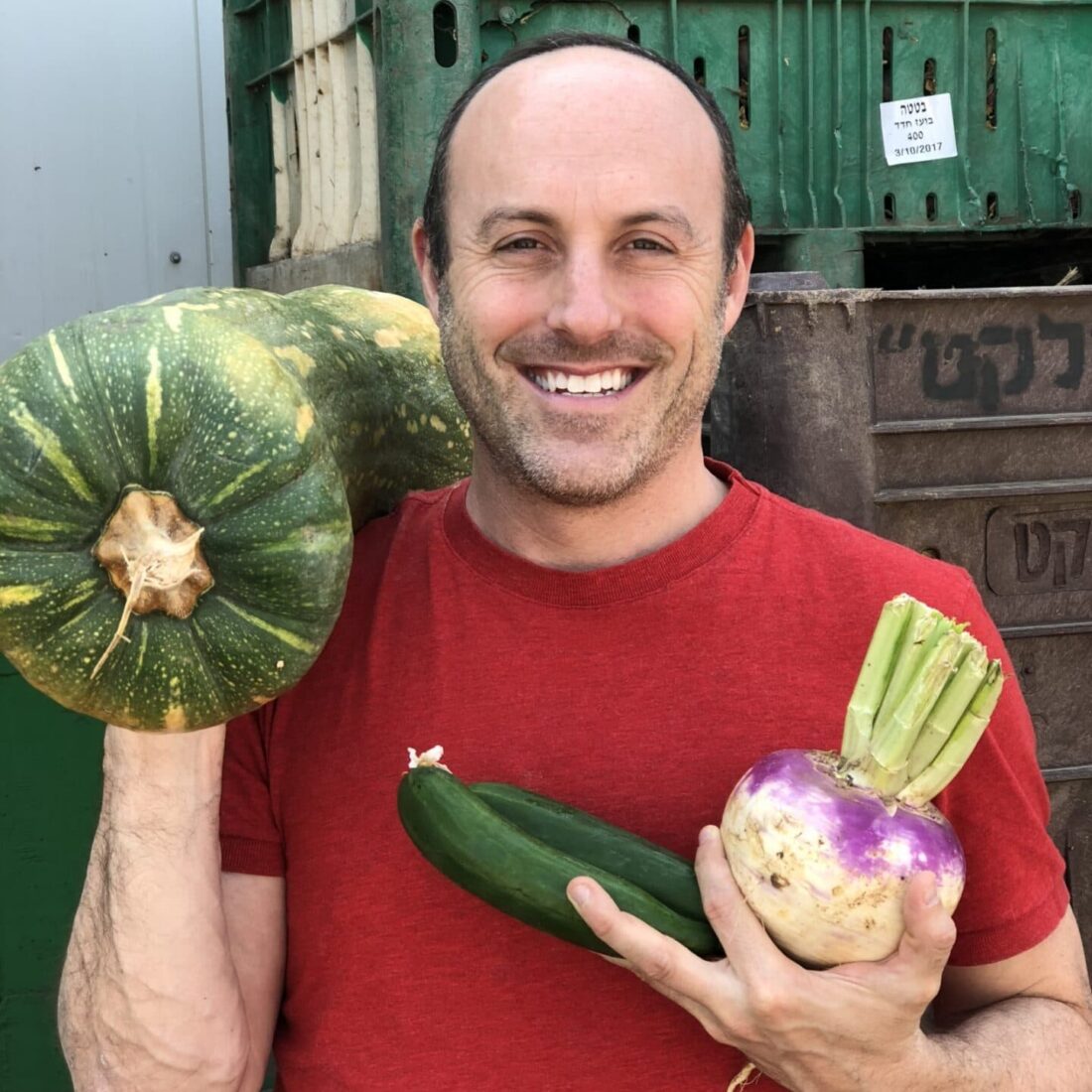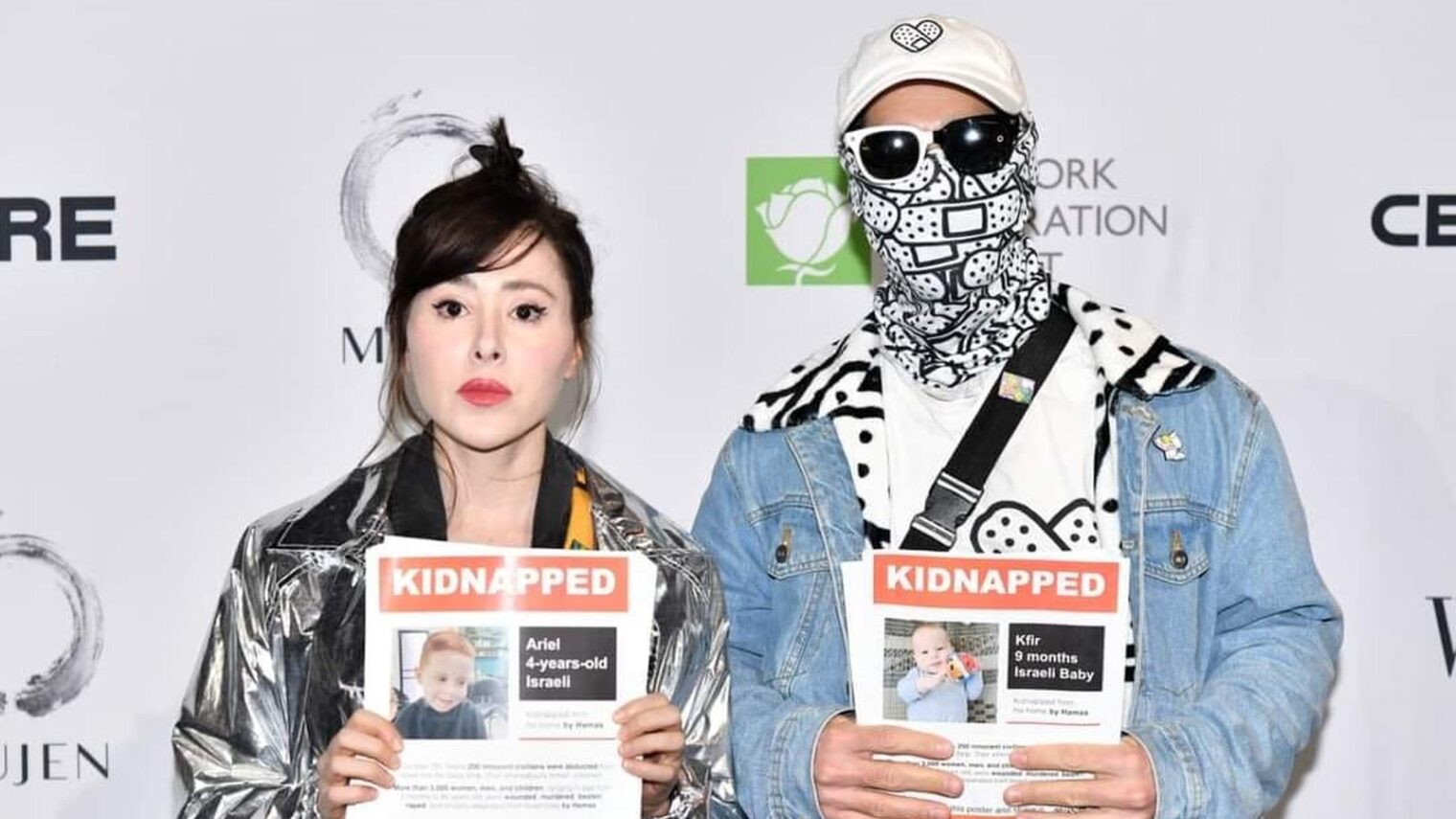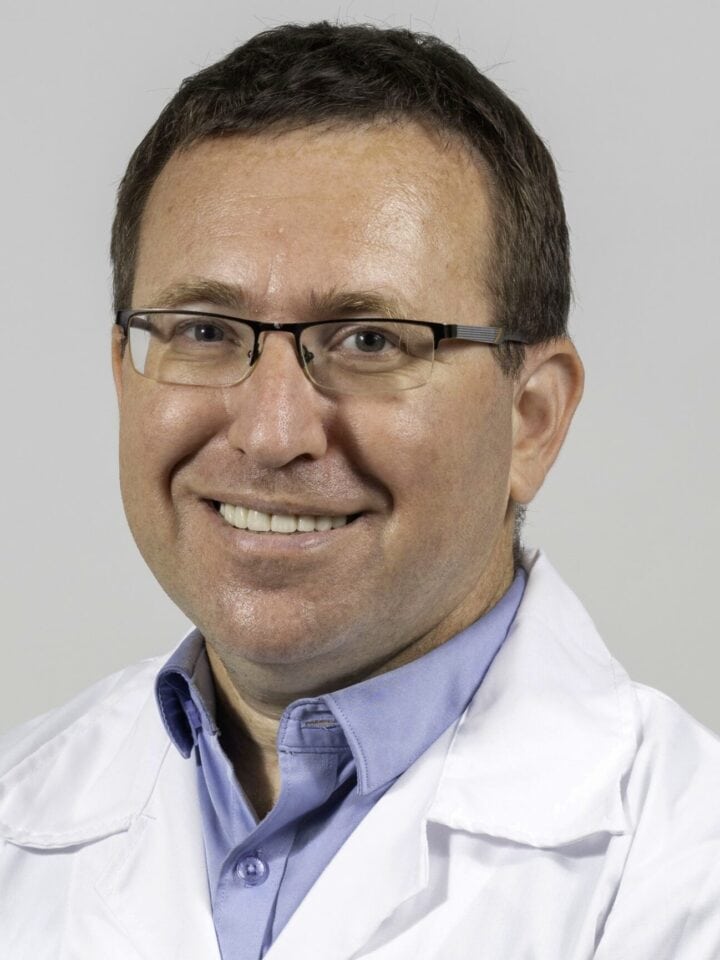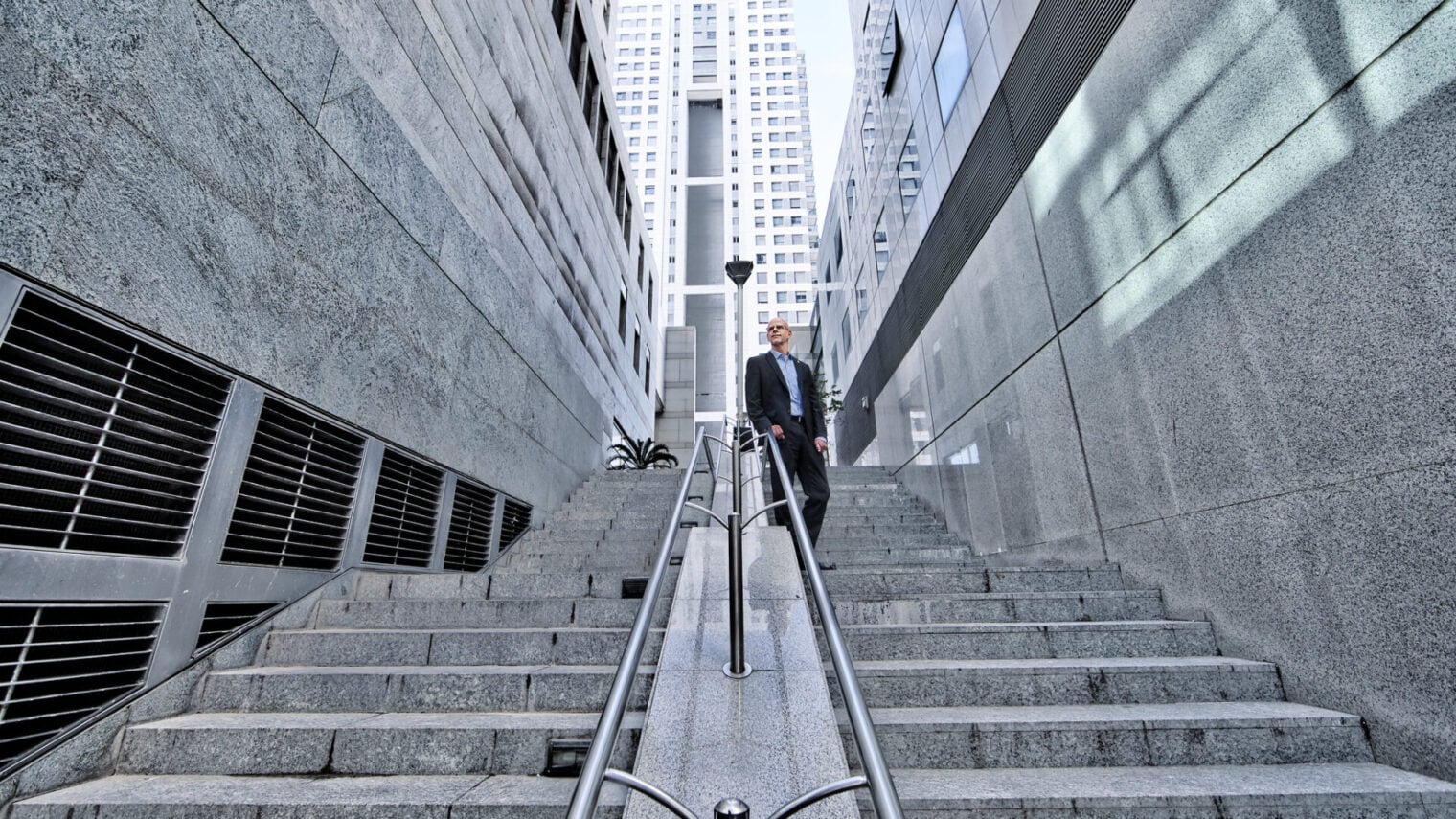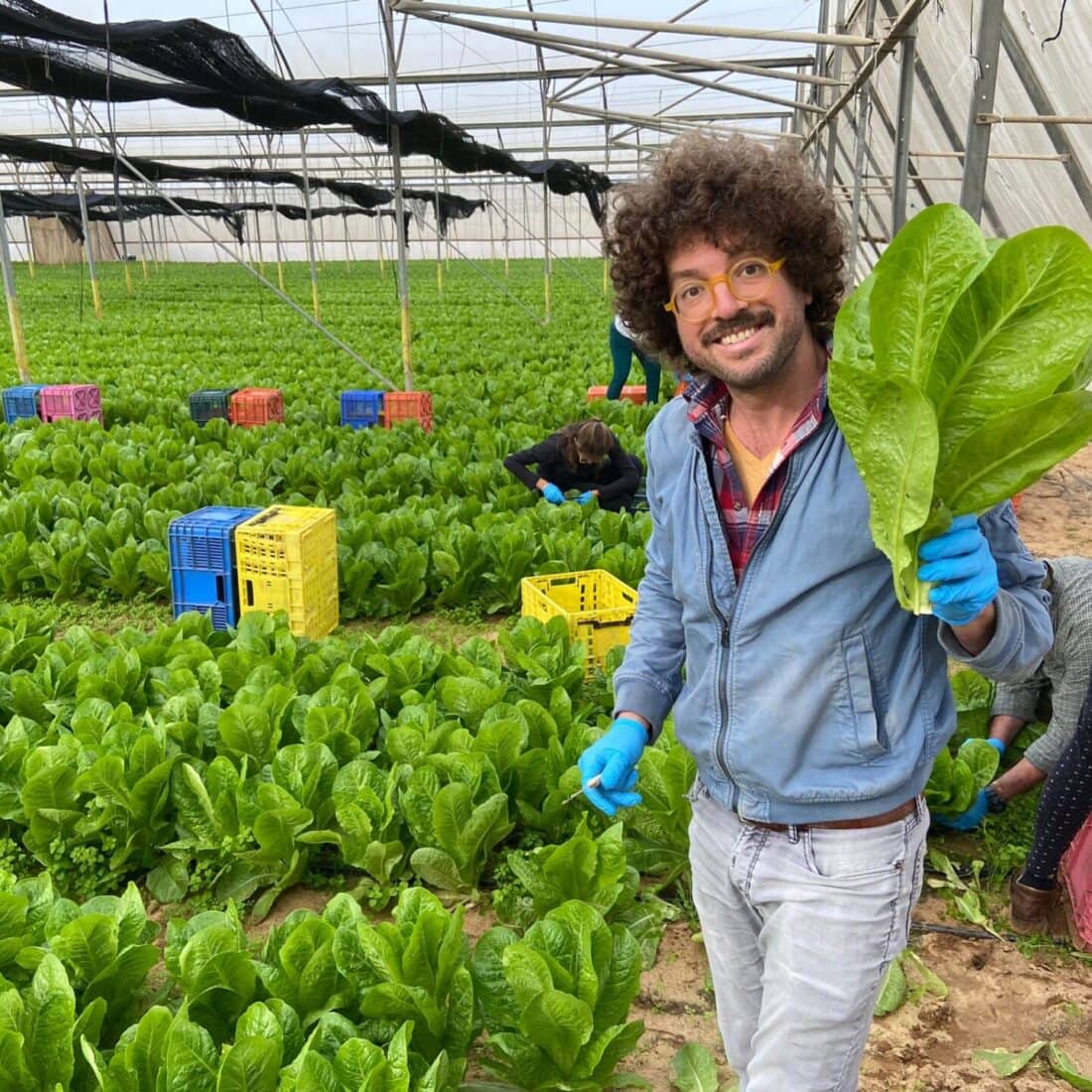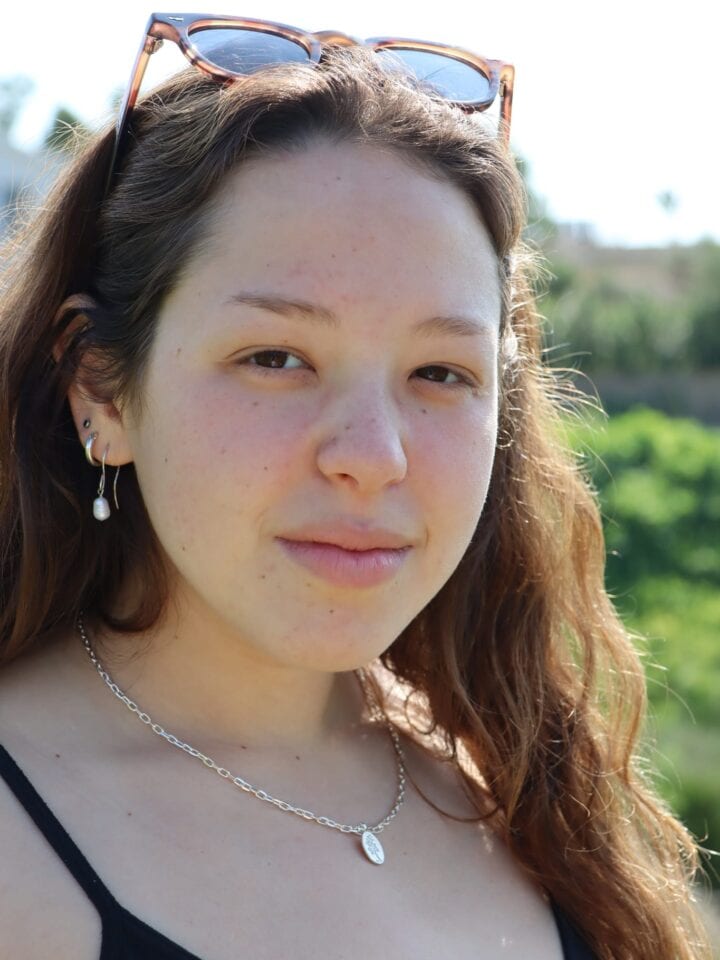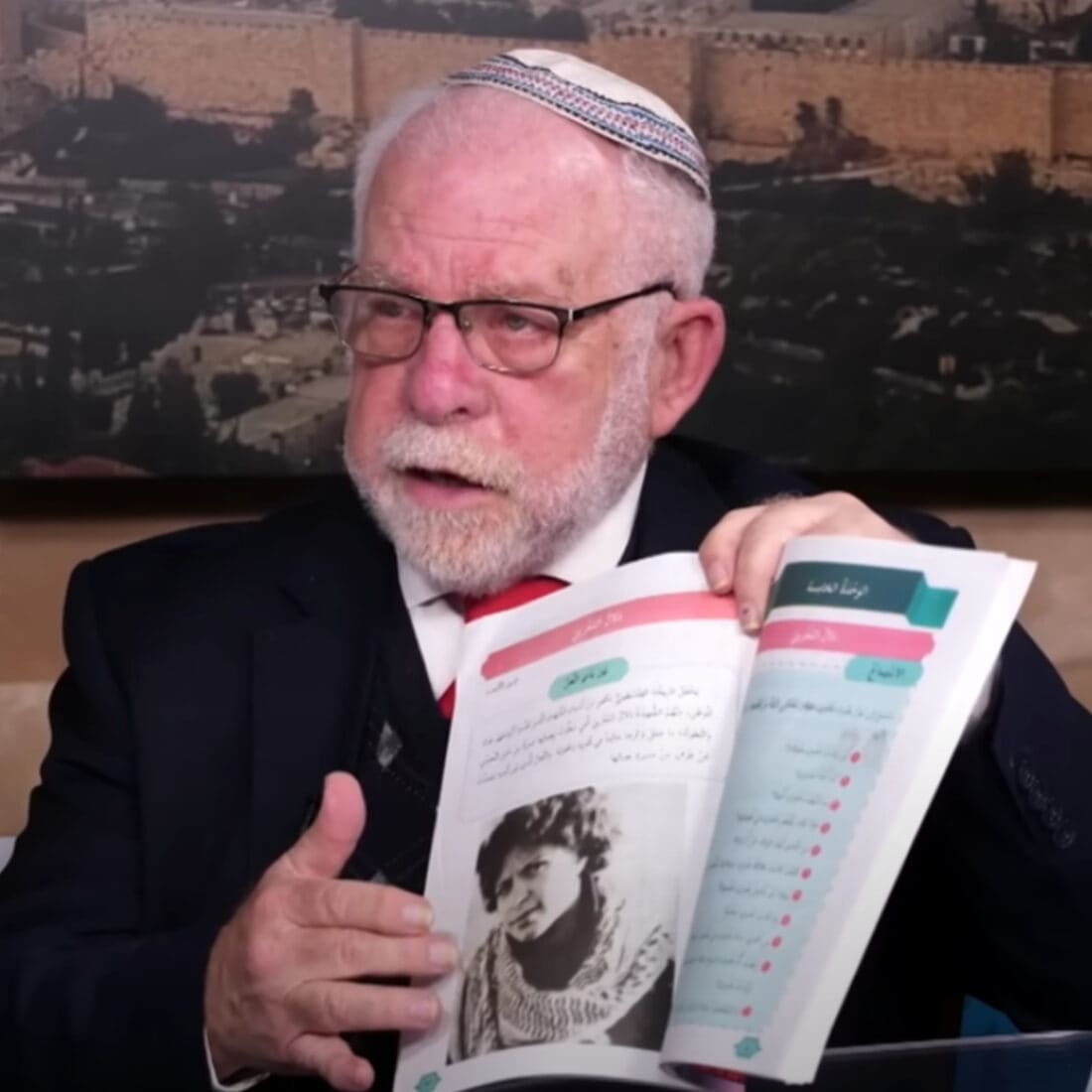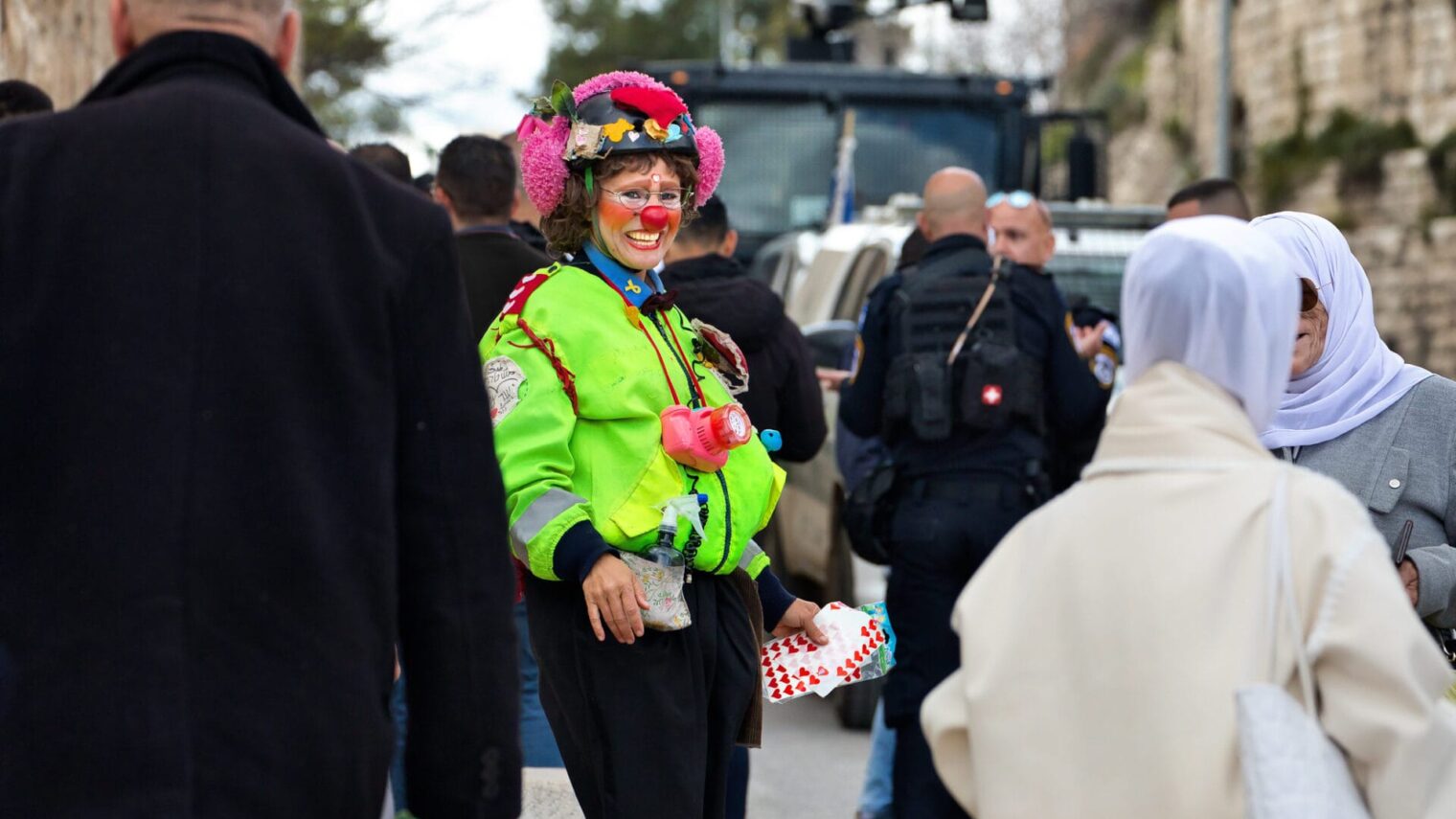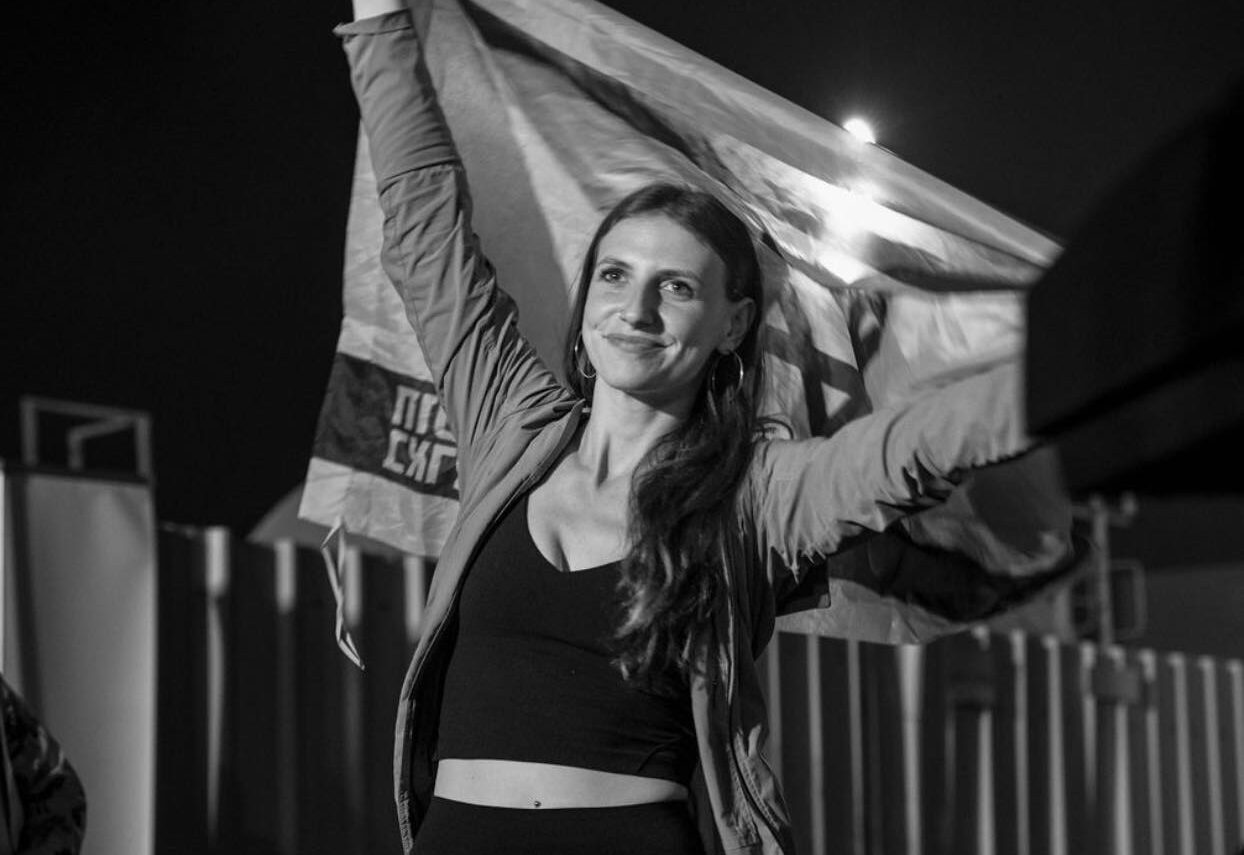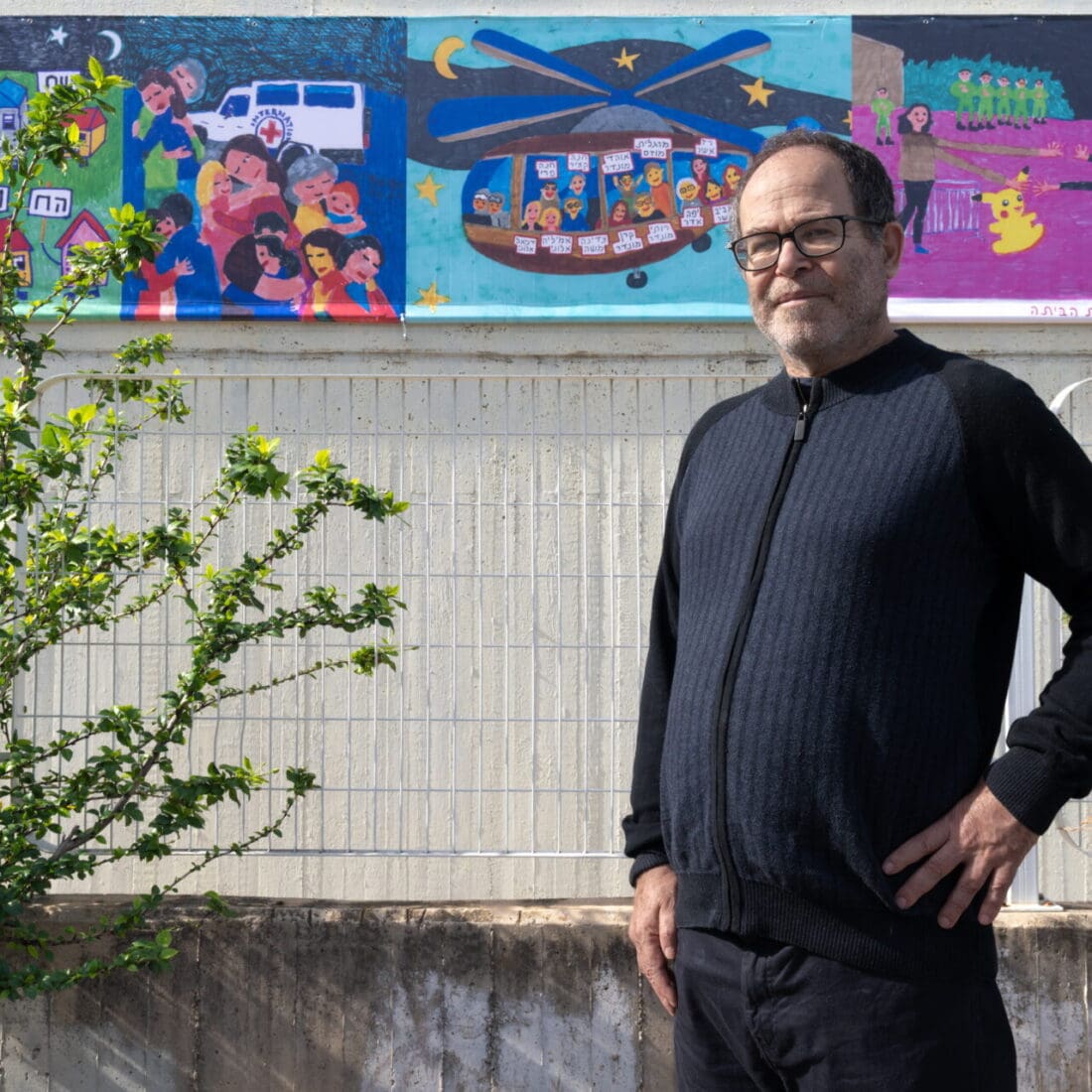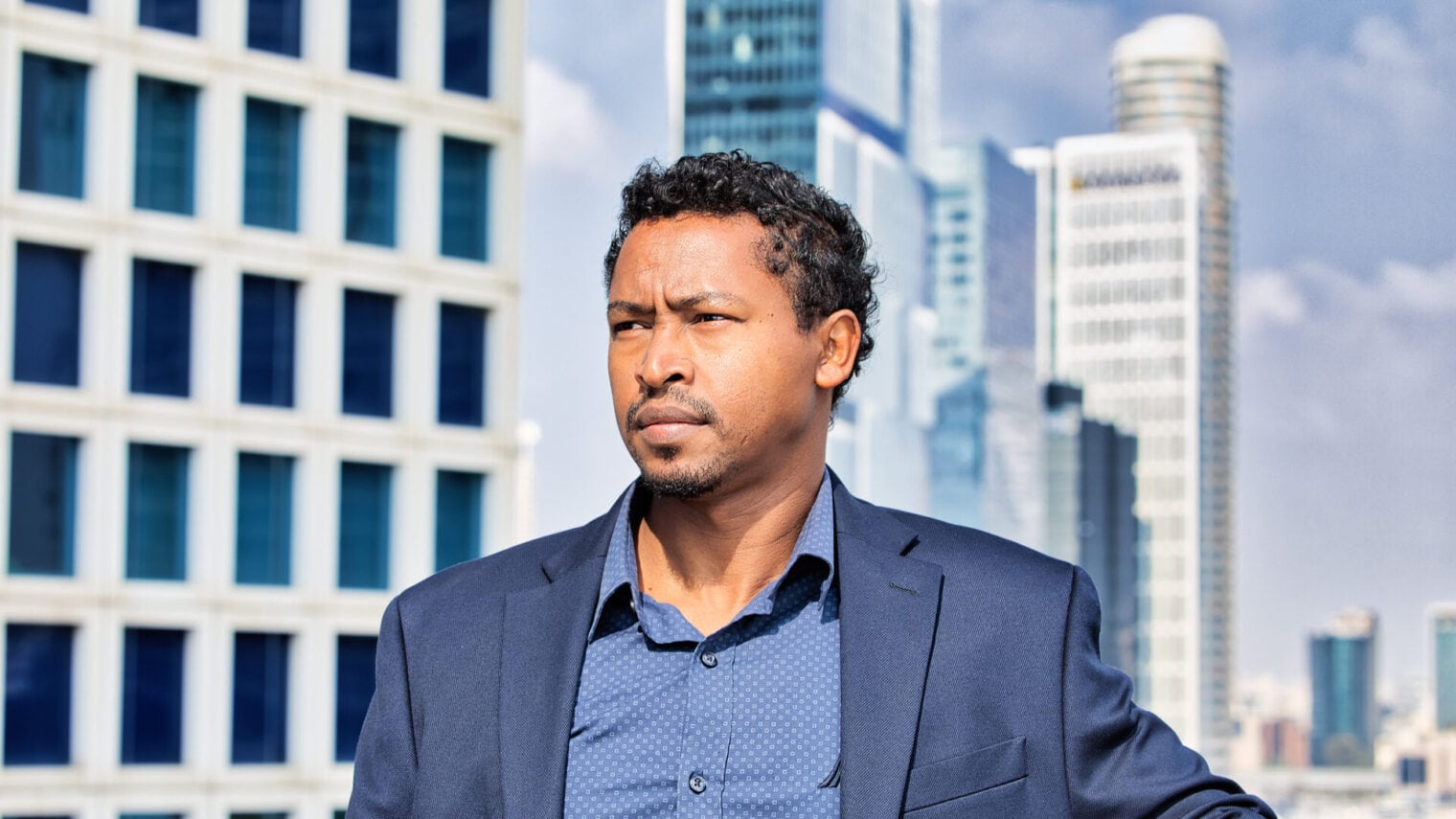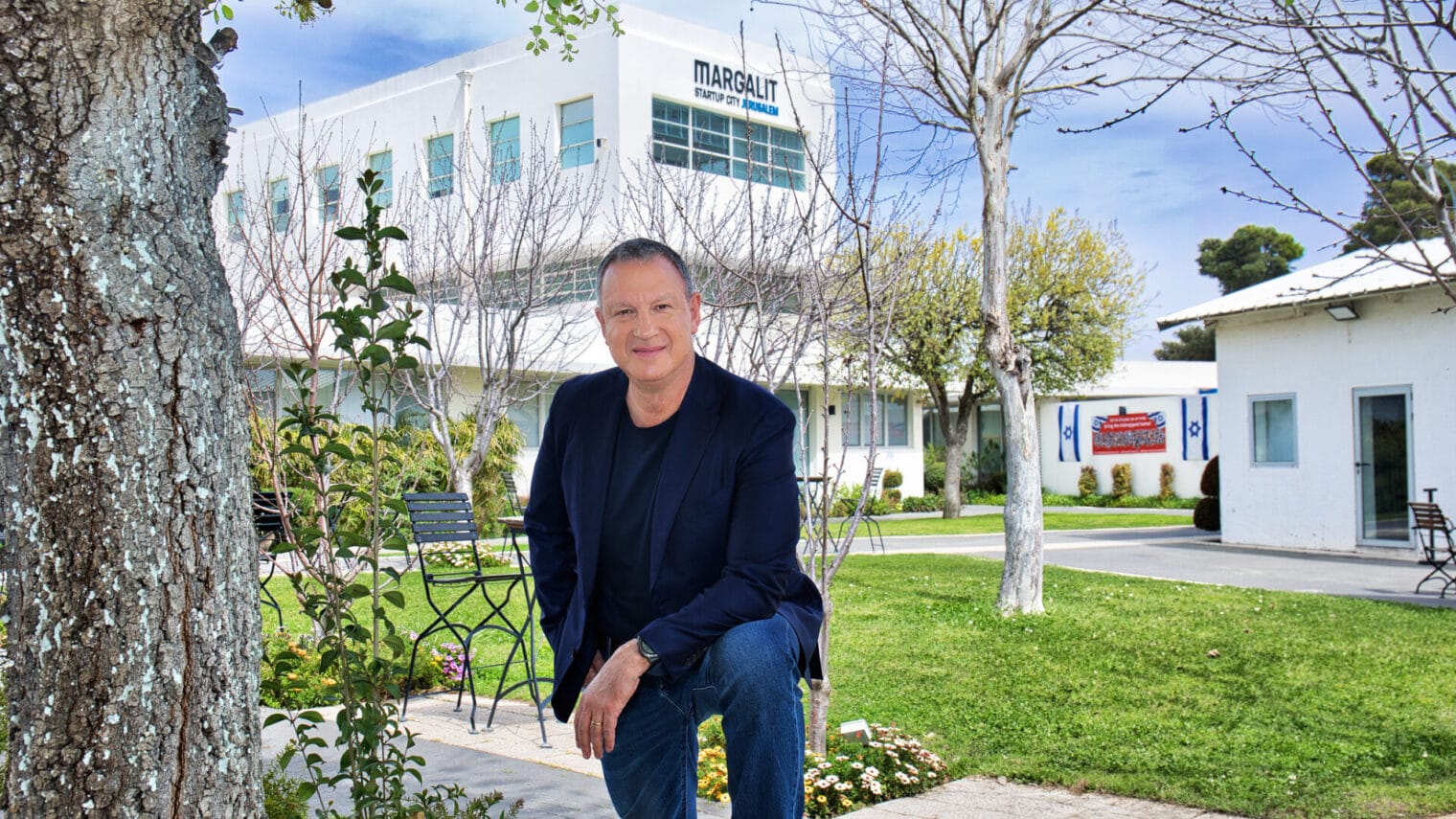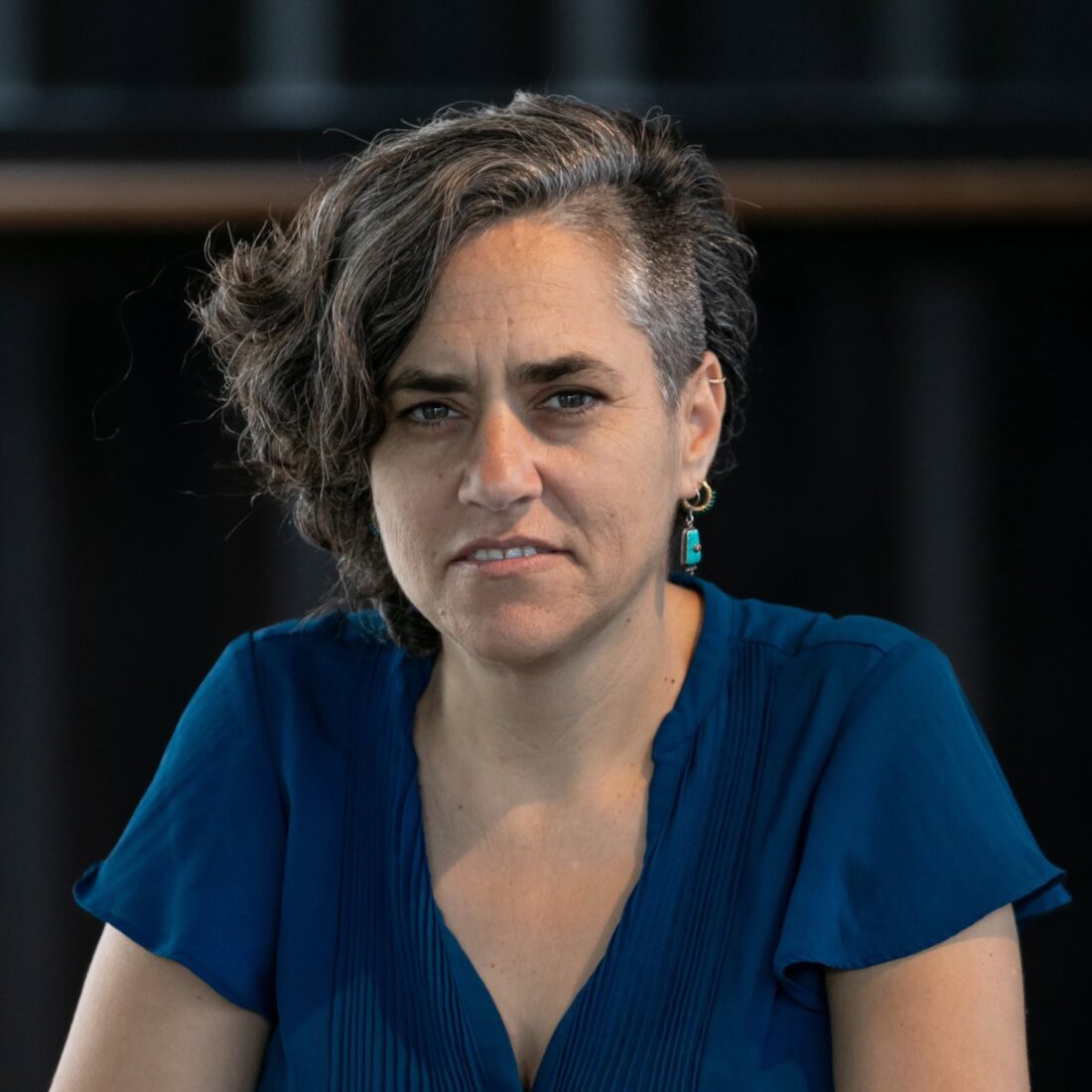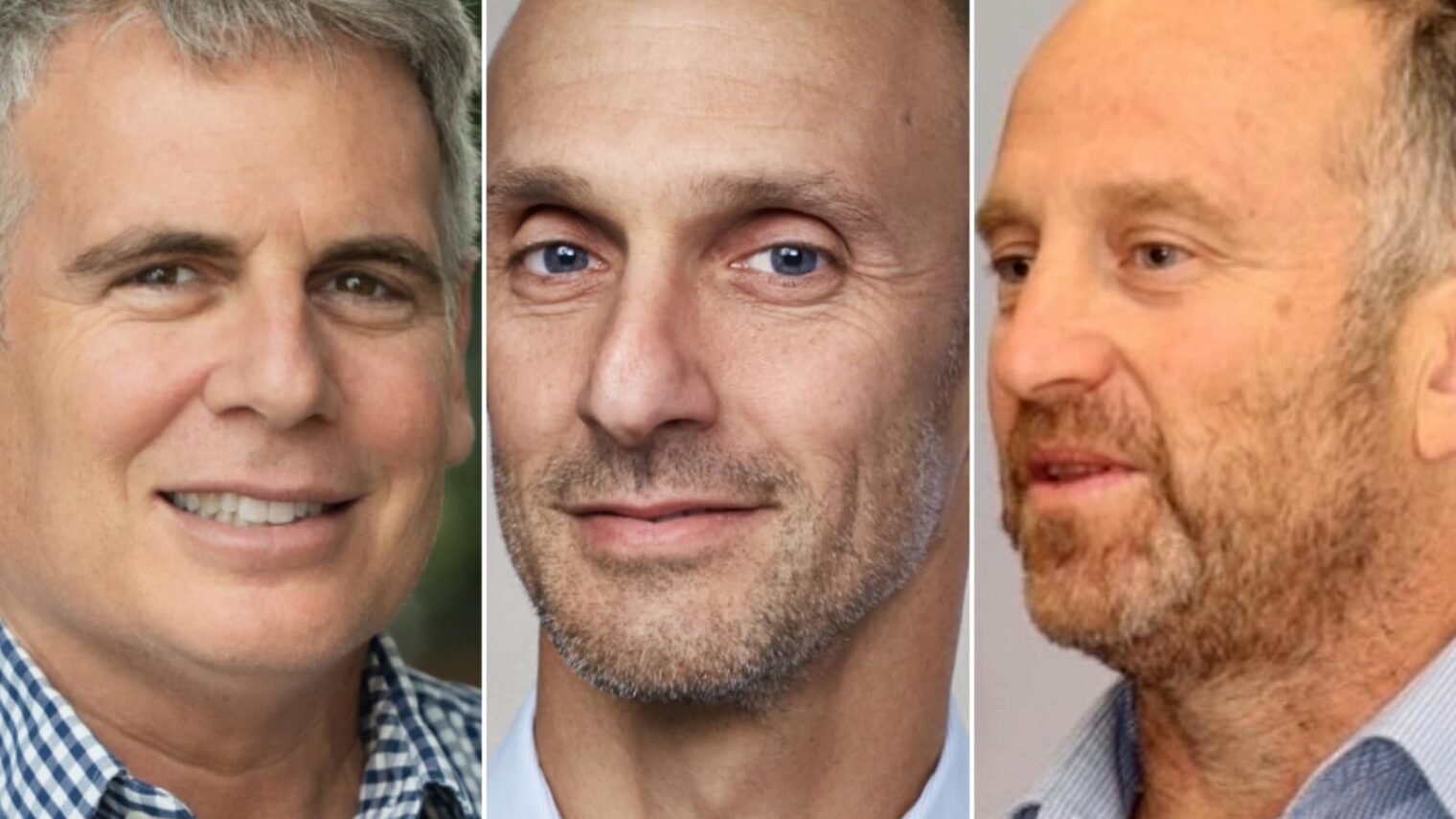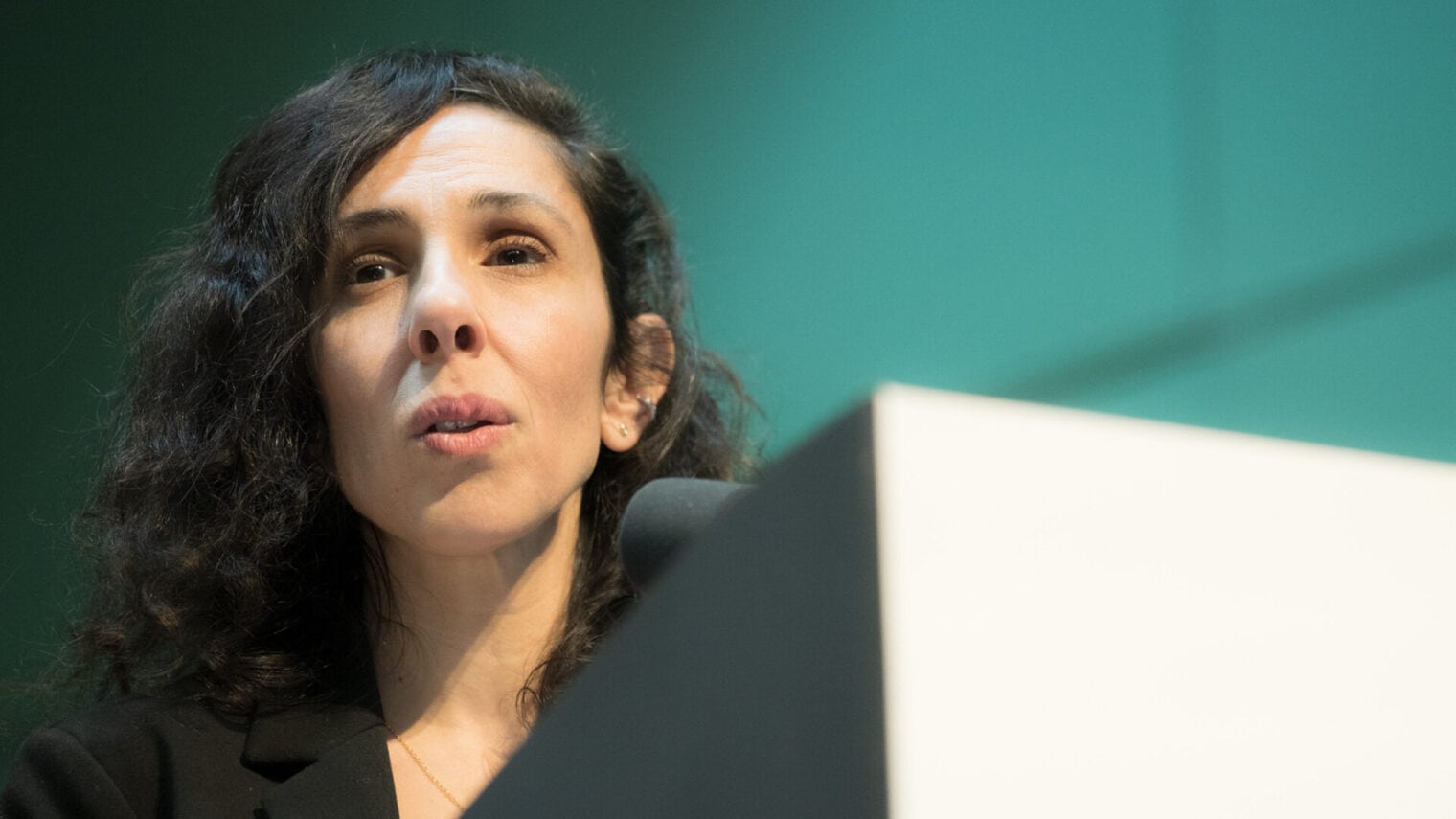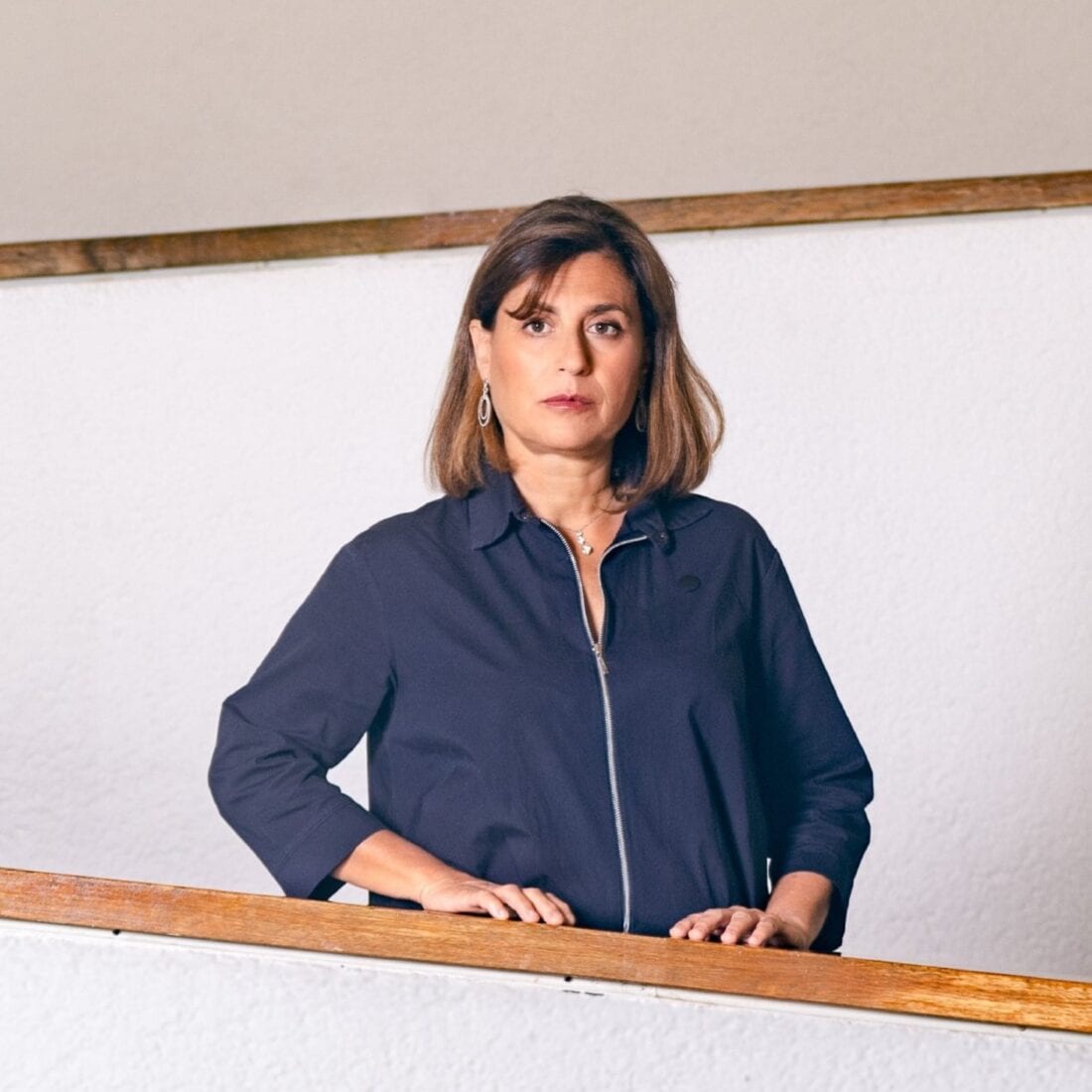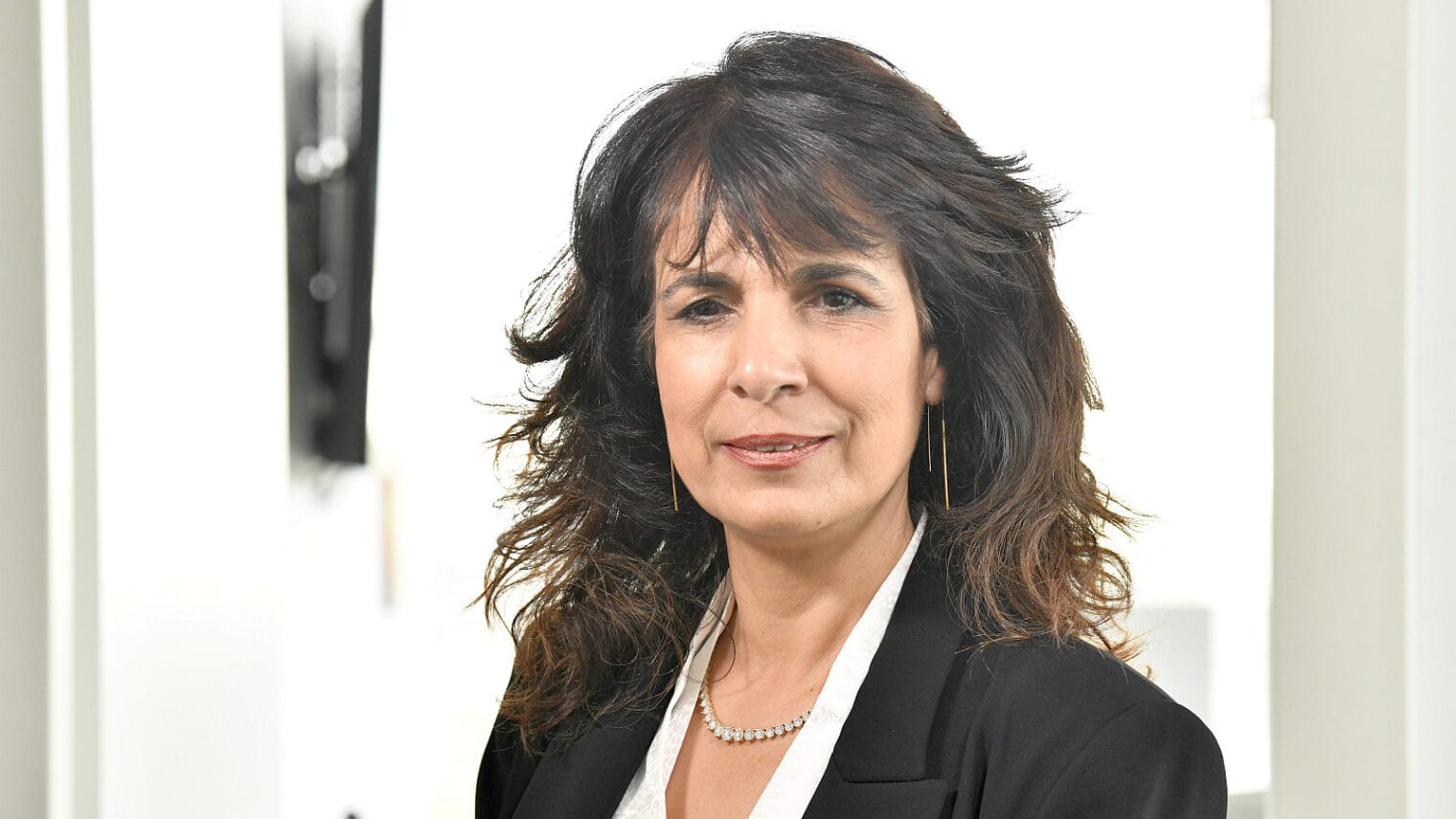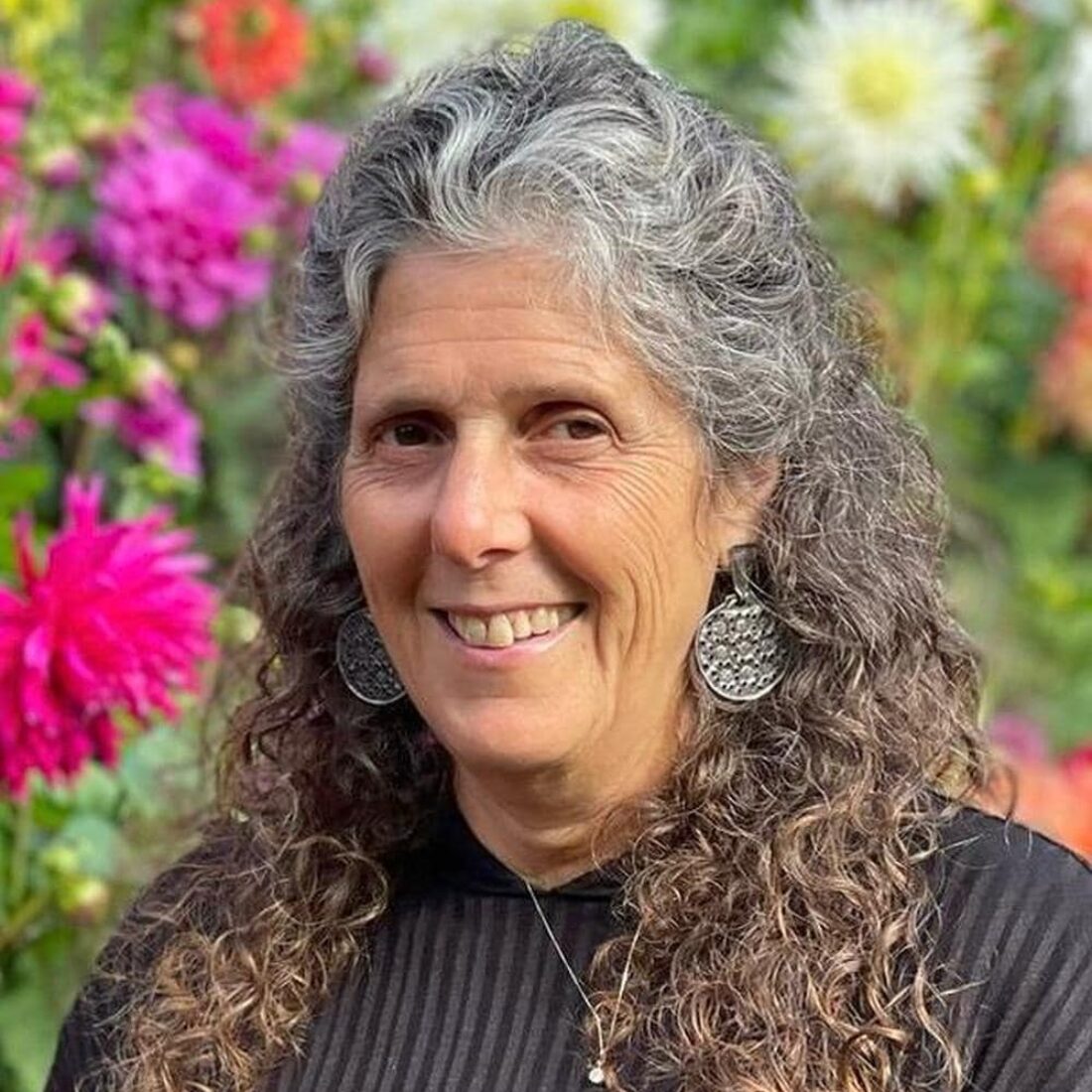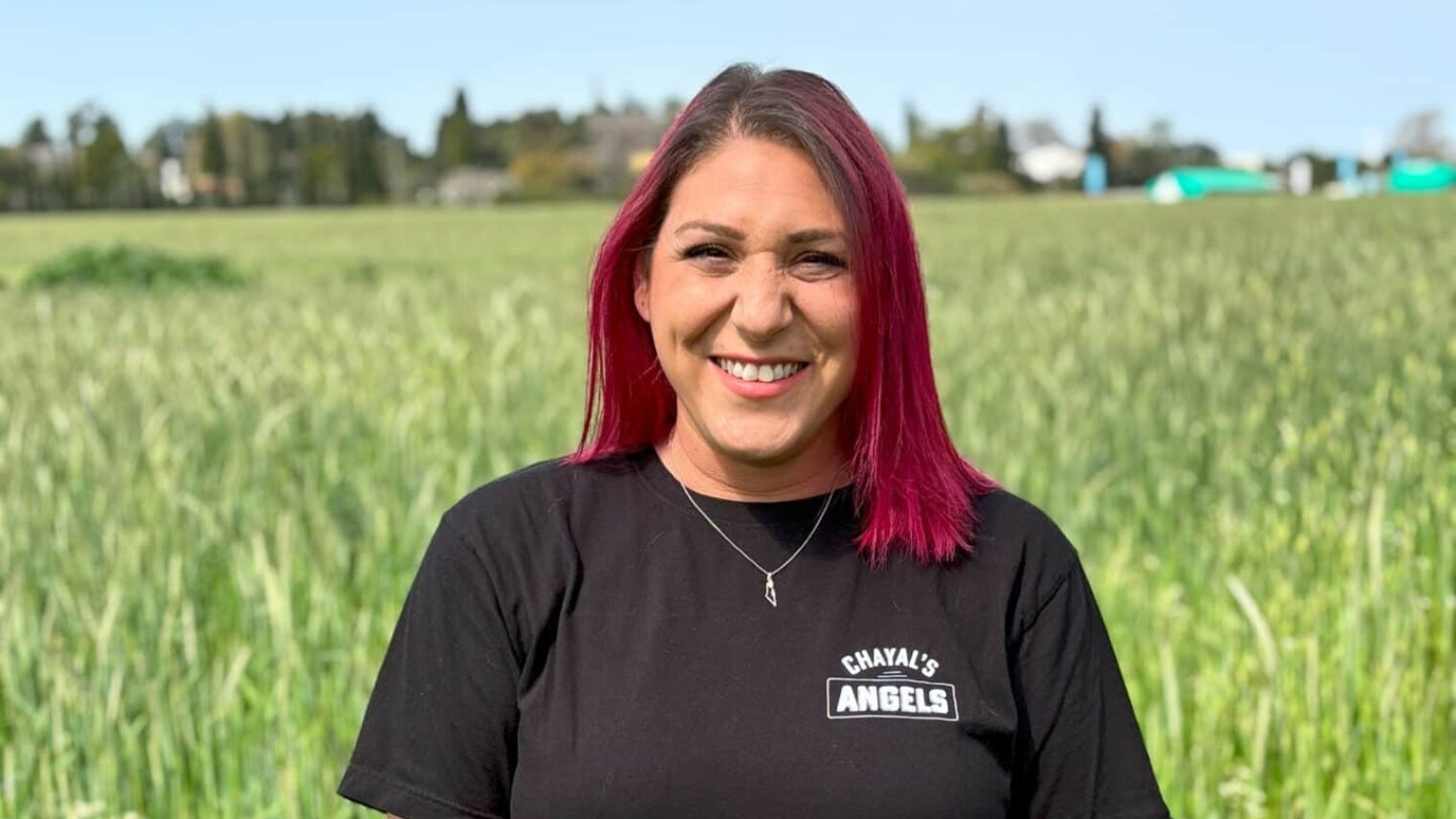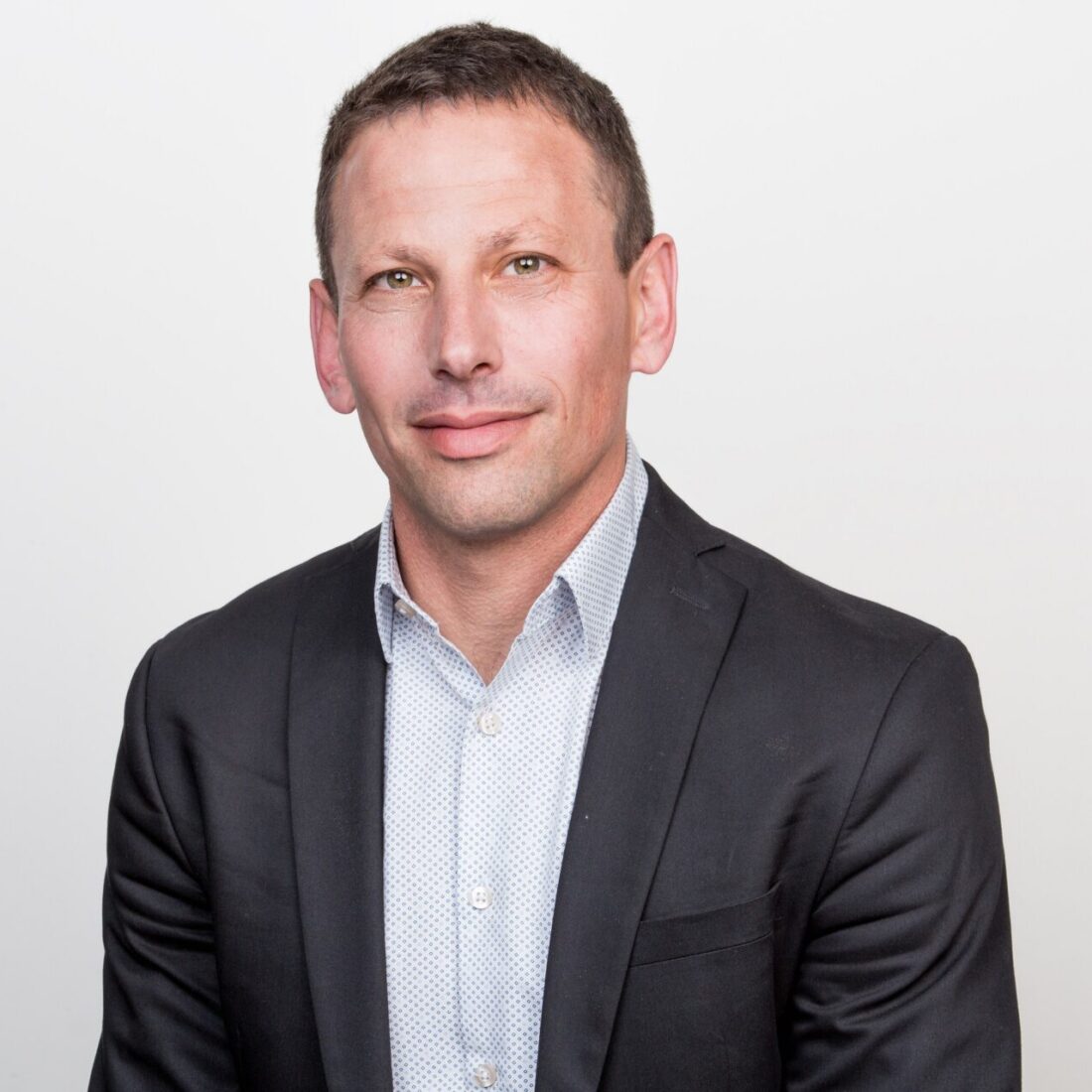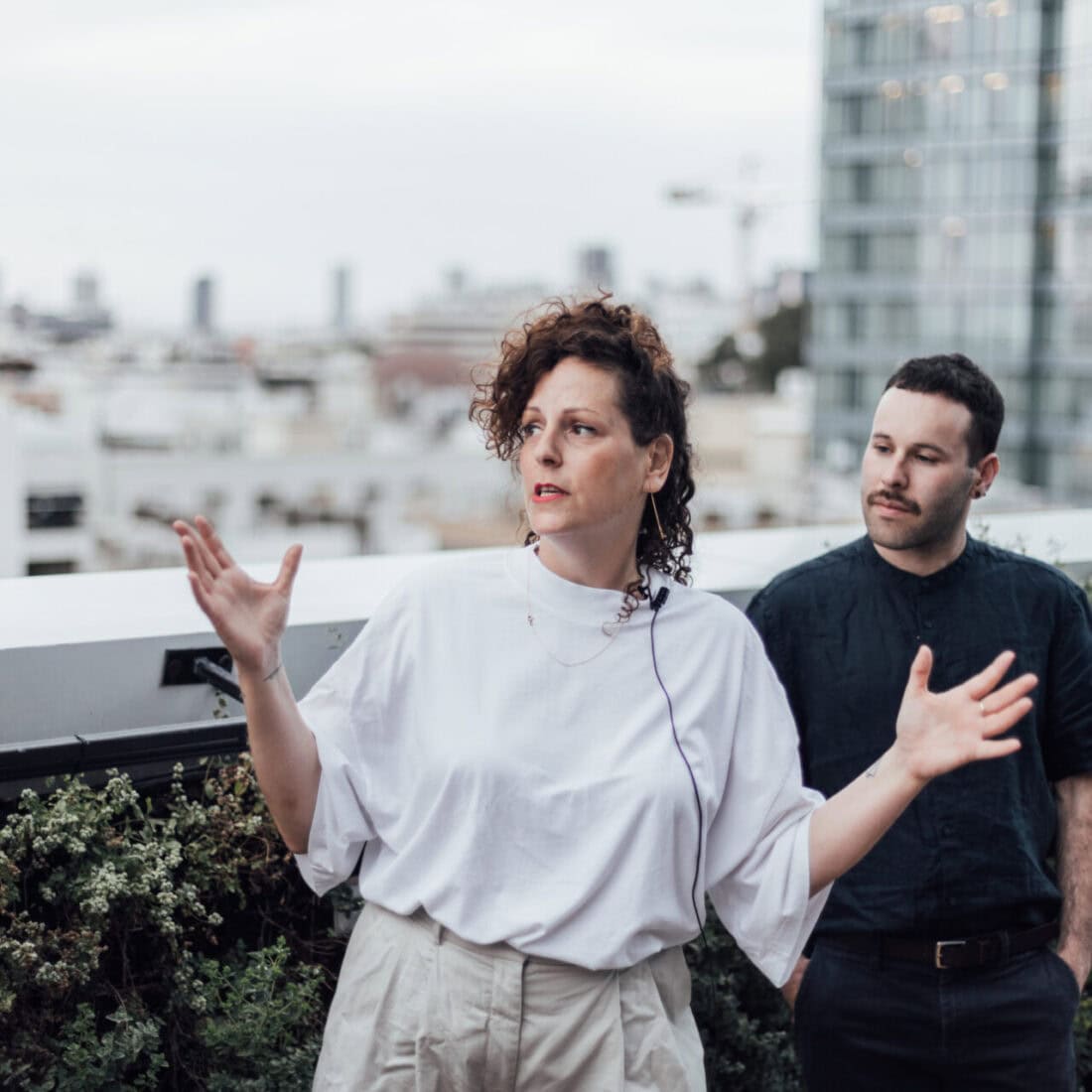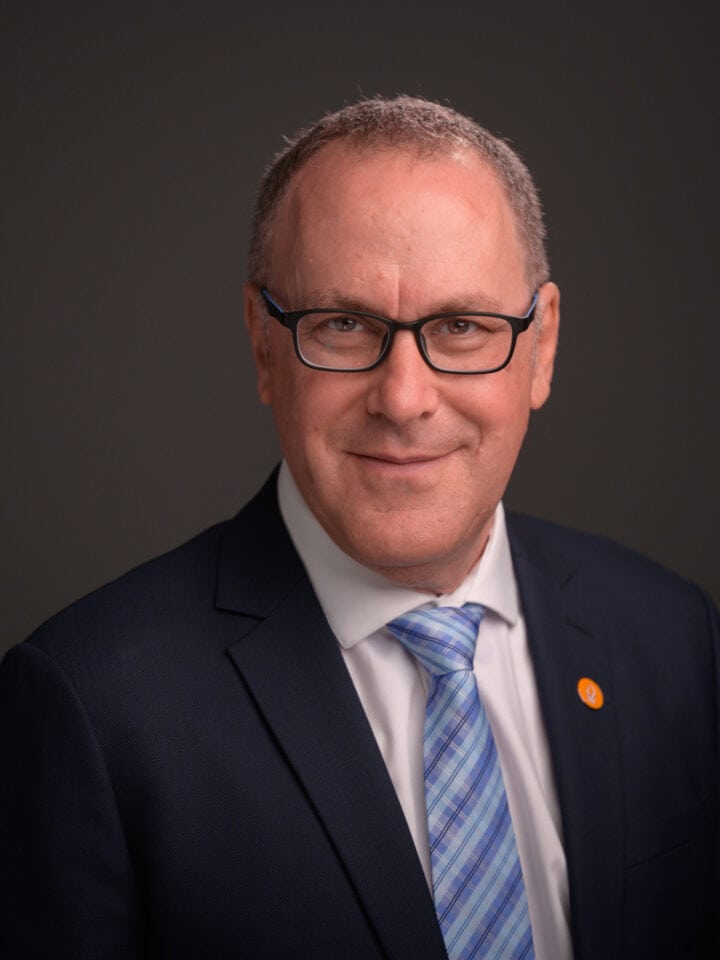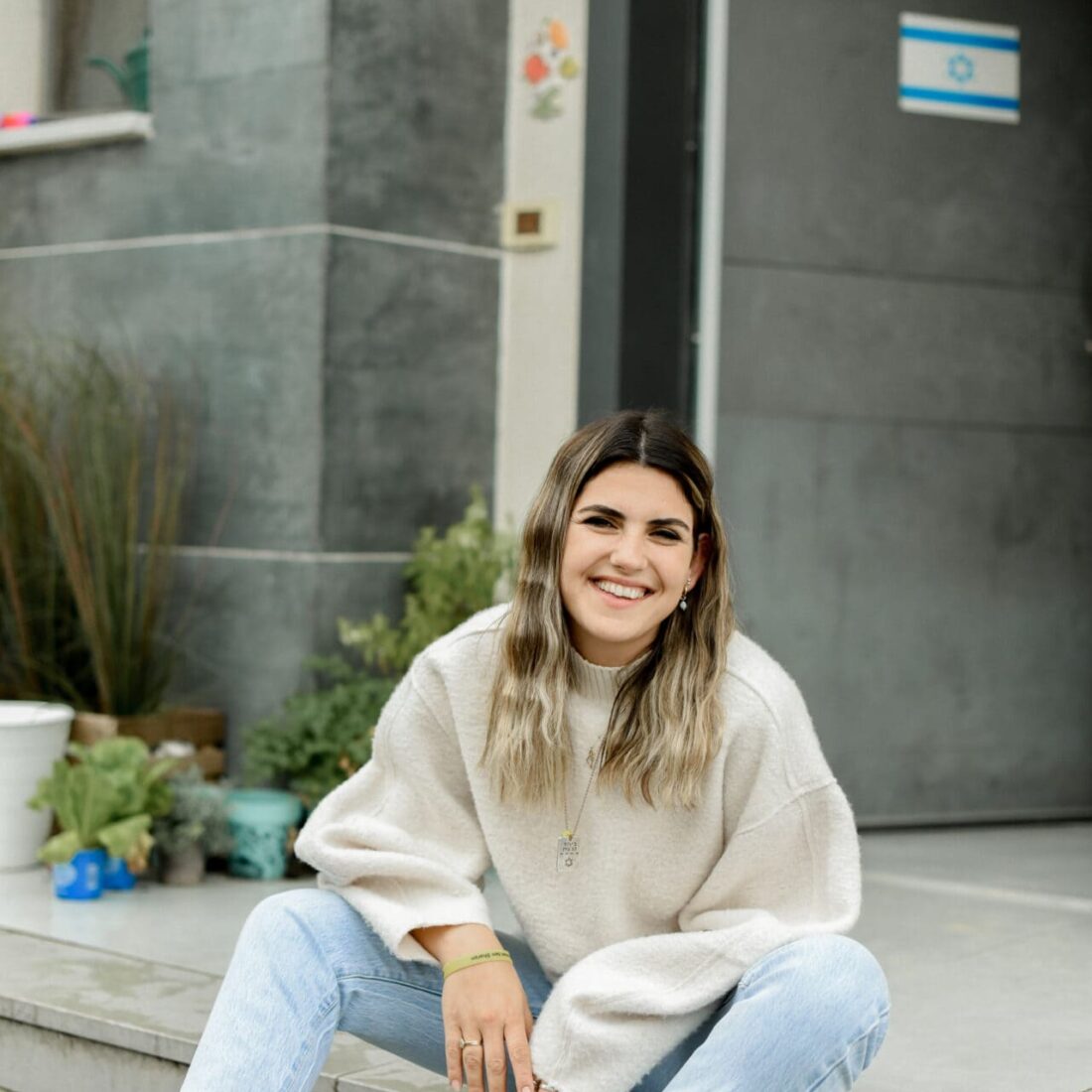Hersh Goldberg-Polin intended to be exploring some corner of the world right now. He even had tickets to launch his grand tour.
Instead, he has been held hostage by Hamas since October 7th, following a violent abduction from a music festival in Israel’s southwest.
Just before he was kidnapped, he managed to text his parents, “I love you,” and “I’m sorry.” His mother, Rachel Goldberg-Polin, replied, asking him to let them know that he’s okay.
Ever since, she’s been tirelessly working to ensure that he will be okay, and that he will return home.
“Hersh is laidback, easygoing and funny, with a dry, dark sense of humor. He’s sarcastic without being mean — there’s no mean in Hersh,” Goldberg-Polin tells ISRAEL21c.
“He’s very curious, and he’s always been a voracious reader. He loves soccer, and he loves music festivals,” she adds. “He’s always been very obsessed with geography and the idea of travel.”
Hersh celebrated his 23rd birthday on October 3rd, just prior to his kidnapping. He was born in Berkeley, California, to Rachel and her husband, Jon, both originally from Chicago. The summer before Hersh turned eight, he moved with his parents and younger sisters, Libby and Orly, to Jerusalem.
Goldberg-Polin has become one of the most recognizable family members of the hostages. She’s spoken at the United Nations in New York and Geneva, met with Pope Francis and Elon Musk, politicians and celebrities, and earlier this month was named one of the 100 most influential people of 2024 by Time Magazine.
All has been done with one purpose in mind – to bring her son and the other hostages home.
“Oftentimes I’m approached by English-speaking press or media. I think that advocacy is so important, and Jon and I are always open to these opportunities,” she says.
“We do that in an attempt to educate people about an unusual group of hostages that are still bring held, that represent five different religious groups – Christians, Jews, Muslims, Hindus and Buddhists – who also represent 25 different countries,” she adds. “We are still desperately trying to educate the world that this is a global humanitarian crisis.”
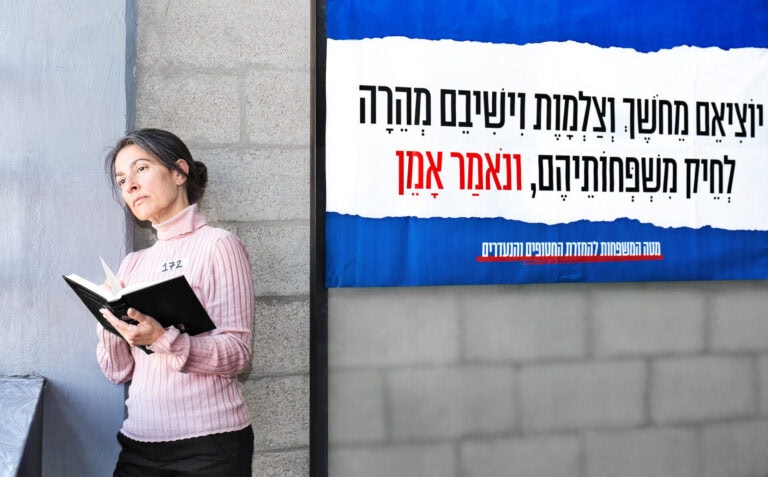
Hersh was kidnapped by Hamas from a small bomb shelter near the festival, where he sought refuge from rockets launched from Gaza. When those stopped, terrorists began throwing grenades at the shelter.
Hersh’s childhood friend, Aner Shapira, was with him at the party and in the shelter. Situated at the entrance, Shapira managed to throw out one grenade after the other, before one exploded on him and killed him.
Others were killed or injured, and some managed to survive by pretending to be dead, buried under the bodies of those who were.
“What I want to do is lay in a ball on the floor crying, but that’s not going to save him or any of them.”
From them, Hersh’s family learned that his left arm was blown off under the elbow, and that he somehow managed to fashion himself a tourniquet.
A video the terrorists released of Hersh’s abduction shows him getting into a pickup truck, with bone jutting out just below his elbow.
Goldberg-Polin shared the video with Pope Francis and says he was “viscerally very shaken. I didn’t think about the fact that the pope doesn’t really see anything that’s violent.
“He said, ‘What you have experienced is terrorism, and terrorism is the absence of humanity.’ That was really powerful for me to understand, that I didn’t have to lose faith in humanity while going through this trauma.”
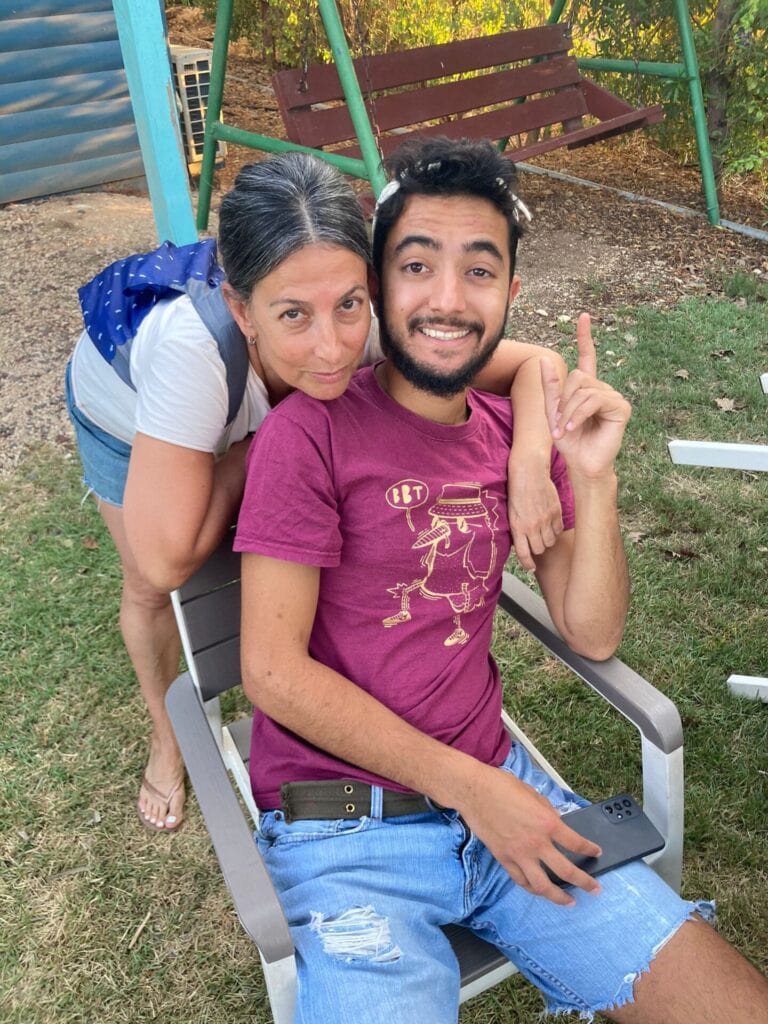
Goldberg-Polin tries to explain what that trauma is like by comparing it to getting hit by a truck. The truck victim might take a moment to assess what happened, then try to roll over and get up. But for hostage families, it’s like the truck is still sitting on top of them.
“There isn’t any turning over, any incorporating it into your life. We have this immense, heavy enormous truck that’s continually present,” she notes.
“Every morning, I wake up and say to myself, ‘You have to pretend to be human.’ Because what I want to do is lay in a ball on the floor crying, but that’s not going to save him or any of them. So I have to put on this very heavy costume. All of us are doing that, putting on a costume and carrying this humongous, crushing weight as we try to drag ourselves through the day.”
“Anything that anyone can do for us, they do with such generosity, love, spirit and support.”
She believes her daughters are handling the crisis with more resilience than she is.
“I was told by a dear friend of mine who’s a very wise psychiatrist – on October 8, he sat with me for a few hours – he said to me that the girls are going to recover before I do. They’re the right ages, where the psyche wants normalcy and to recover,” she adds.
“And I’ve seen that. The 18-year-old is in 12th grade, and she has her matriculation exams, and my other daughter is working and keeping busy.”
The family has received a tremendous amount of support, Goldberg-Polin notes. Since October 7th, she hasn’t cooked a single meal, filled prescriptions or done anything that someone else can do for her. Friends have also donated office space to help the family create a separation between their advocacy and home life. Others, including people the family doesn’t know, have been saying psalms for Hersh’s return.
“Anything that anyone can do for us, they do with such generosity, love, spirit and support,” she says.
Asked how she envisions Hersh’s return home, Goldberg-Polin allows herself a little smile.
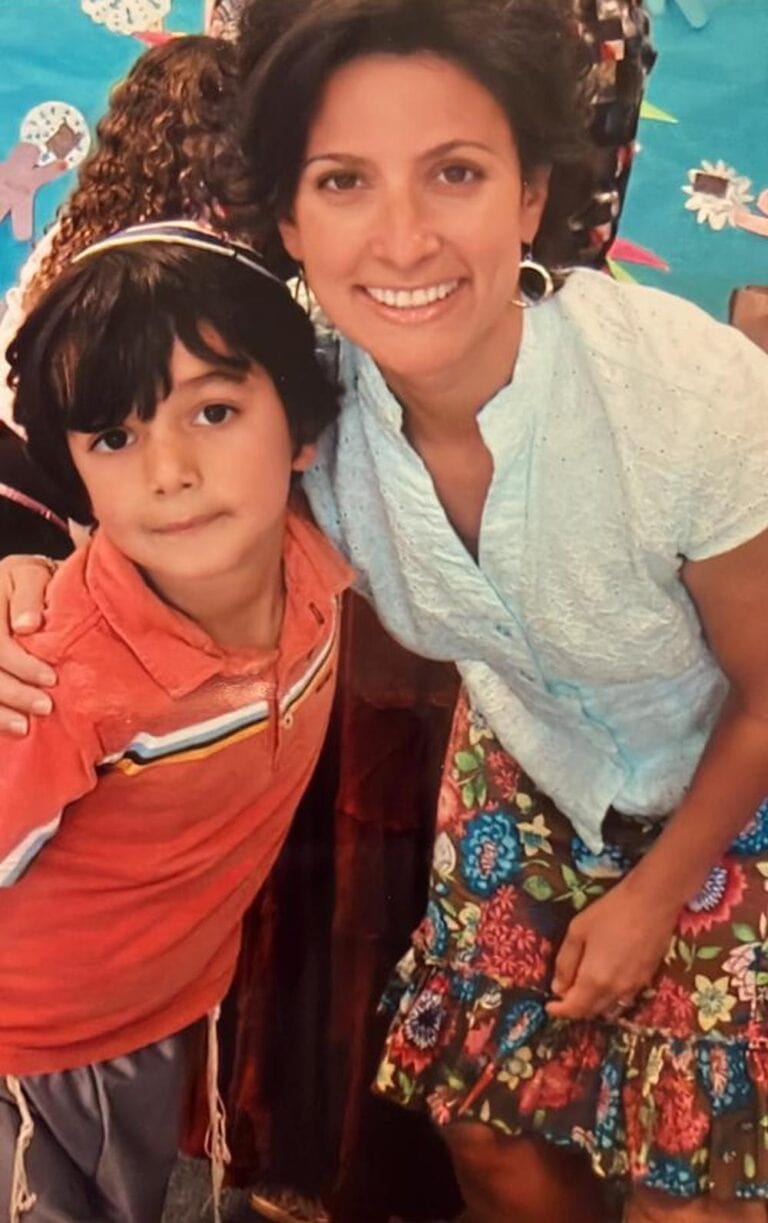
“I don’t get myself too down the road with that,” she says. “But my daughter and I say, ‘When Hersh comes back, we’ll do this and that.’ We think of the wonderful times we’ve spent as a family over the years. We say, ‘We’ll have to go here and there.’
“Not fancy places, just boring moments of being a family. When you laugh together in the car when you’re listening to the music you were listening to when the kids were little and fighting in the back seat,” she says.
“That will be exciting. I try not to think of that yet, but I’m excited for that to happen, and I believe it will happen. I really feel that Hersh is strong. I say this mantra throughout the day, ‘I love you, stay strong, survive.’ Repeatedly.”
“Sometimes I just say to myself, ‘Stay strong, survive.’” And I say it for my daughters and husband and family. I believe Hersh will come home, and that we will stay strong, and we will survive.”
Editor’s note: On April 24, Hamas released a three-minute propaganda video of Hersh Goldberg-Poulin demanding that the Israeli government return the hostages from Gaza, or step down. The video wasn’t dated, but Goldberg-Poulin, who is seen missing a hand and is pale and thin, mentions nearly 200 days of captivity and hints at the holiday of Passover, which began on Monday 22nd April.
In a statement afterwards, his parents said: “seeing the video of Hersh today is overwhelming. We are relieved to see him alive, but we are also concerned about his health and wellbeing as well as that of all the other hostages and all of those suffering in this region.”





